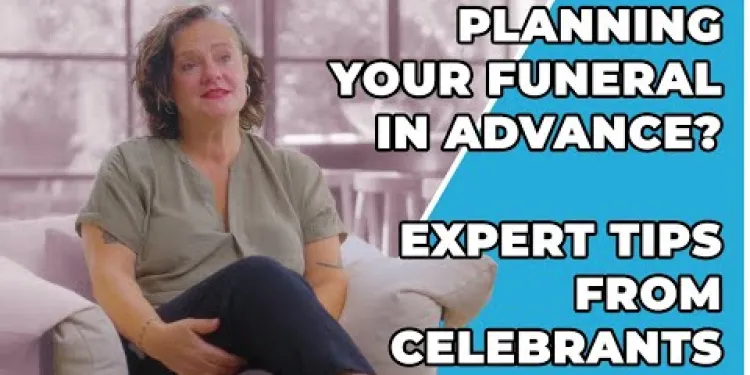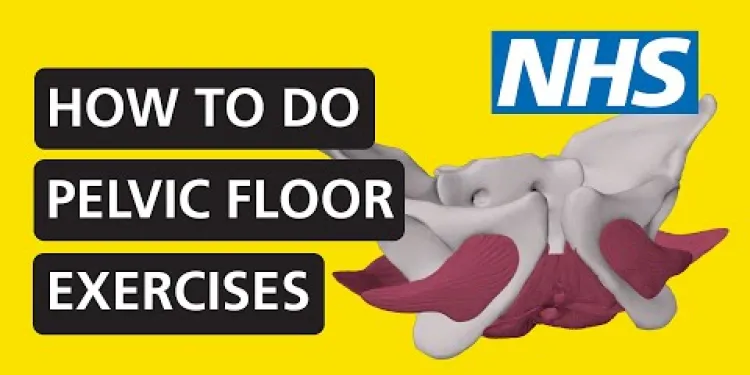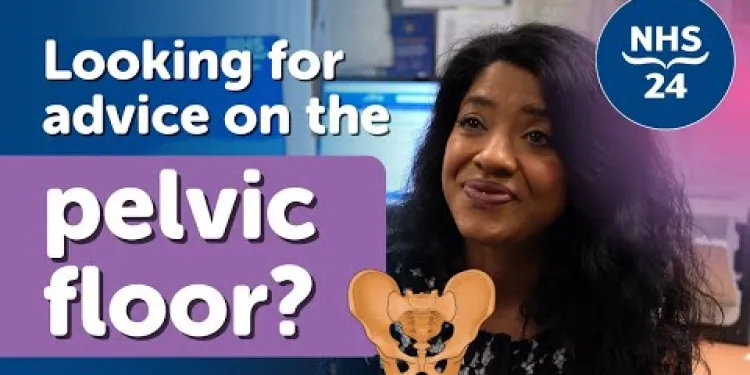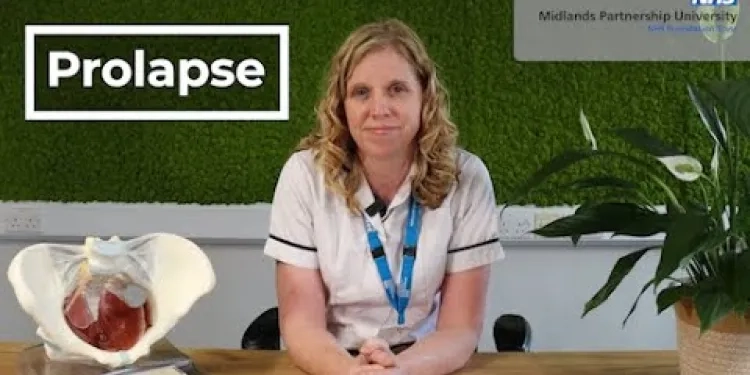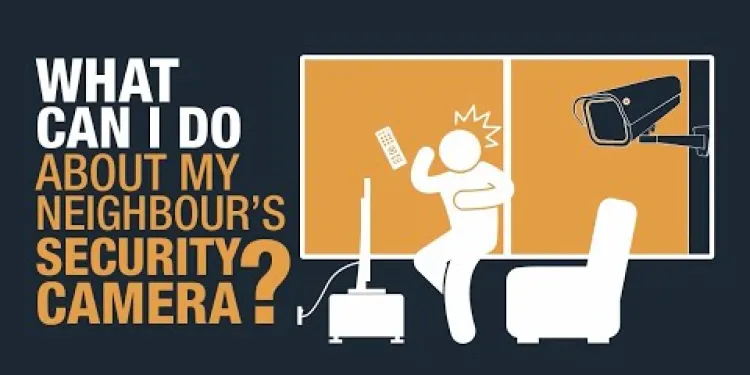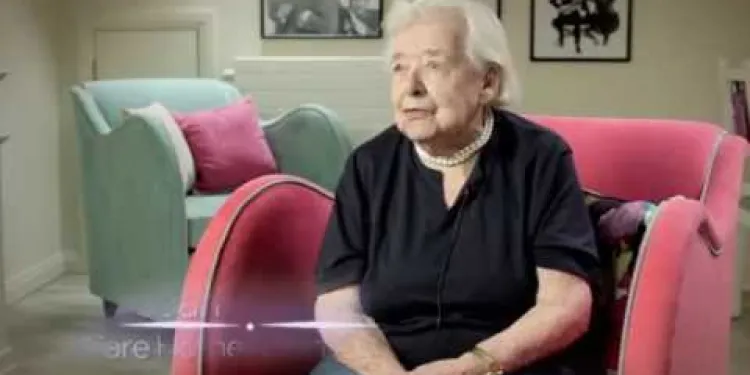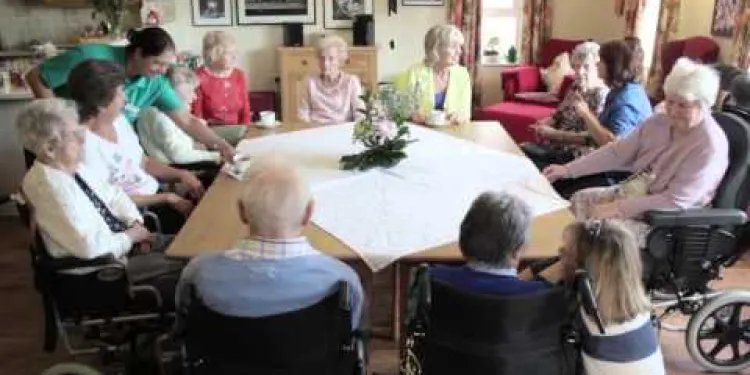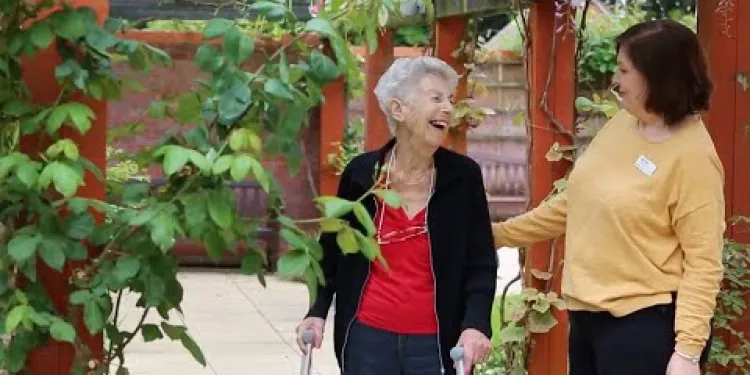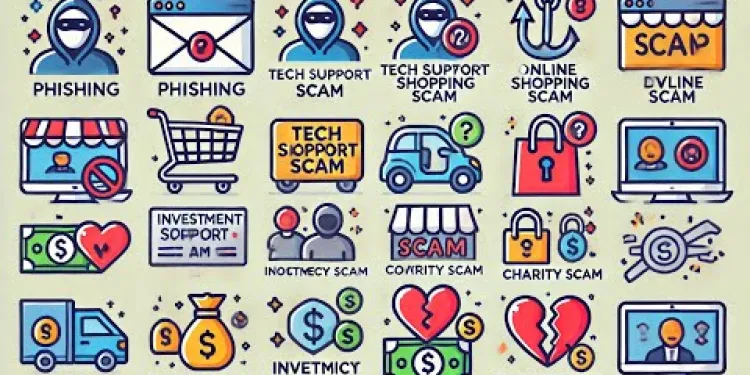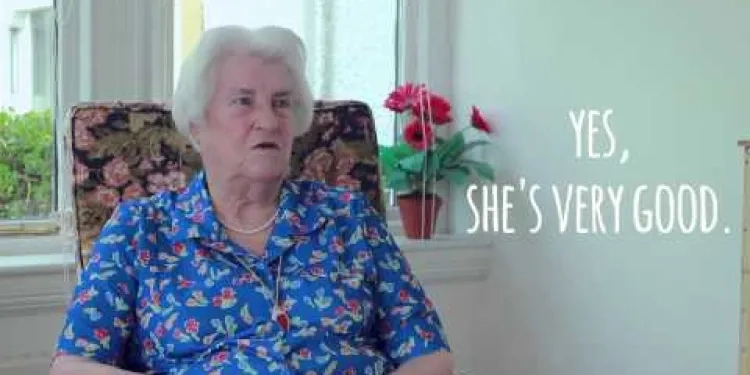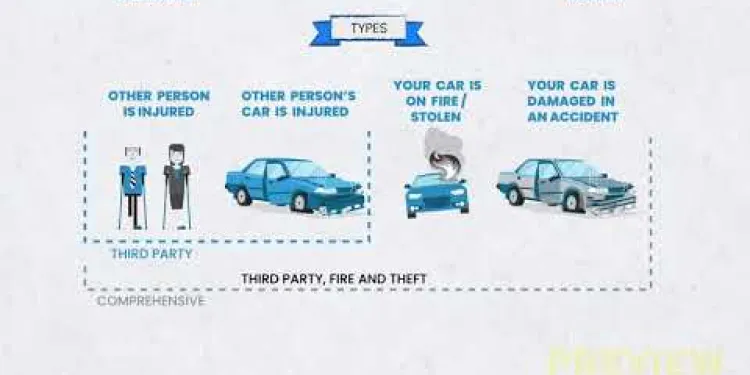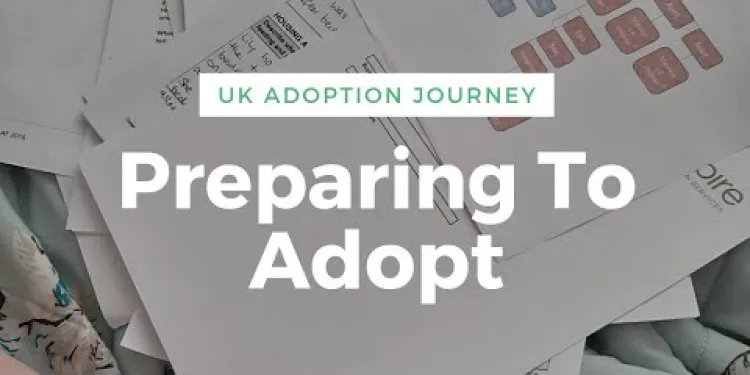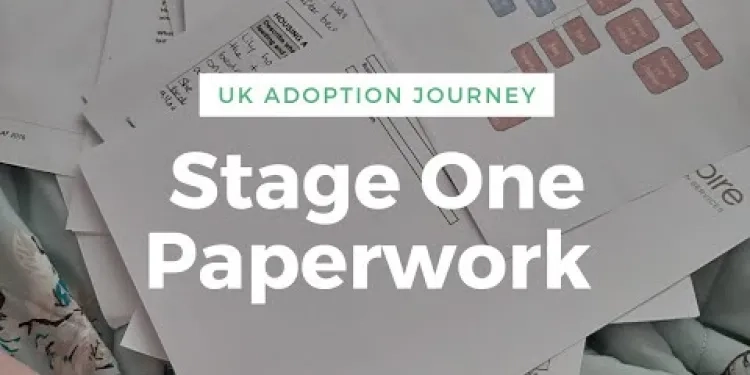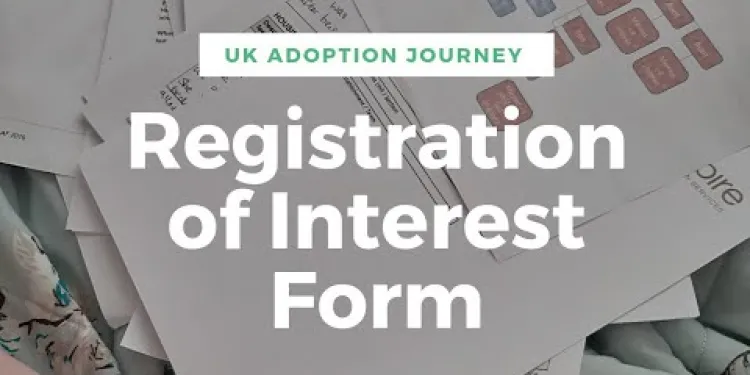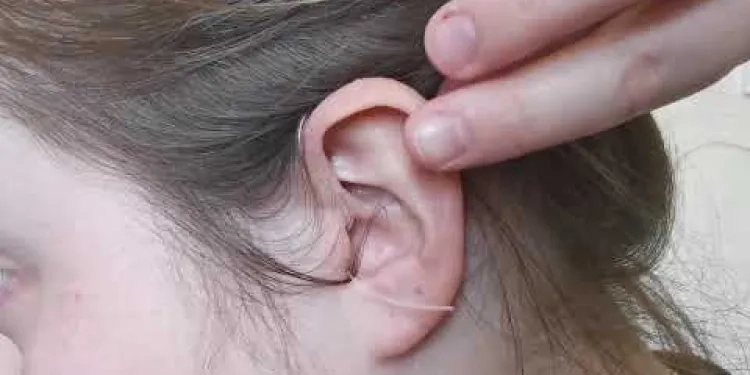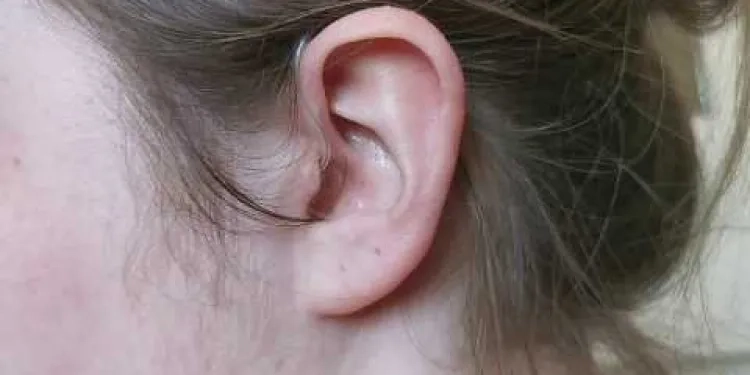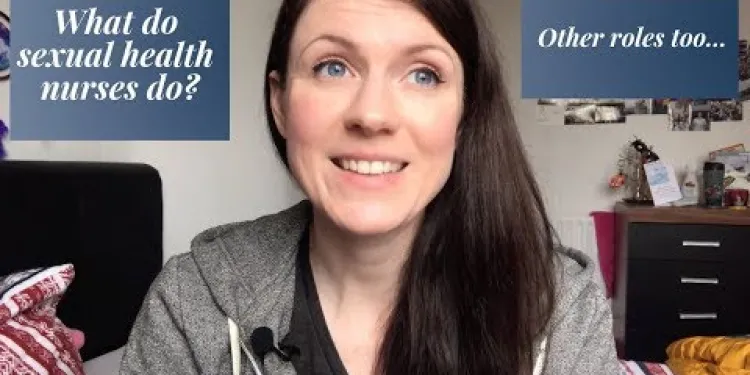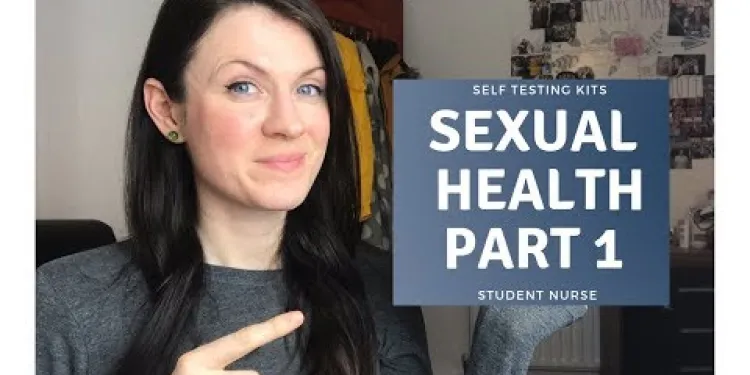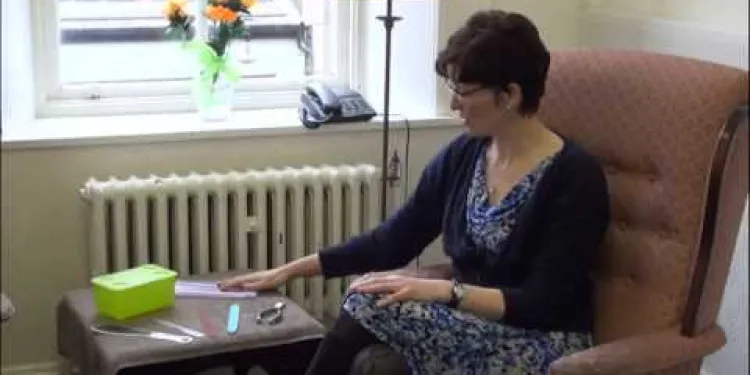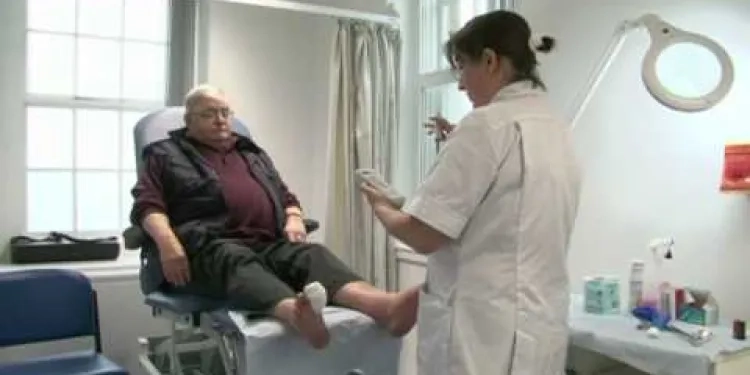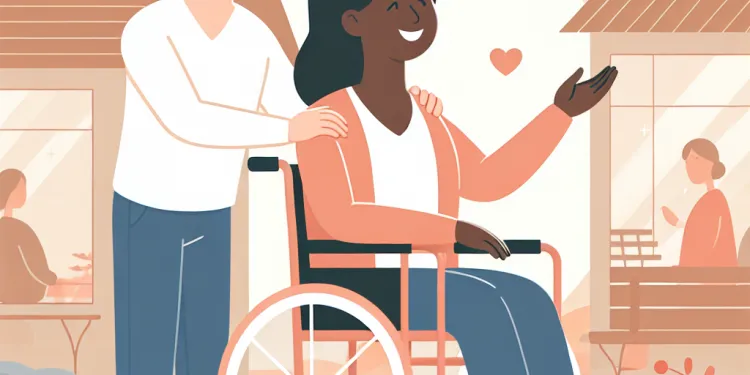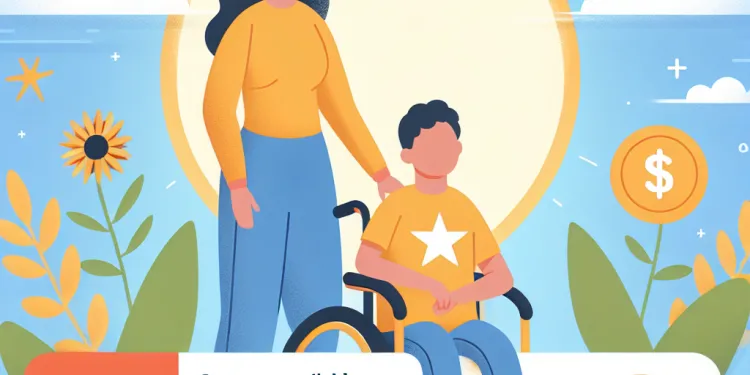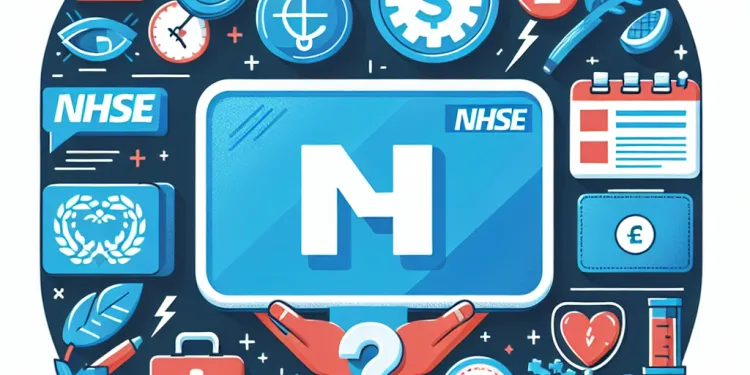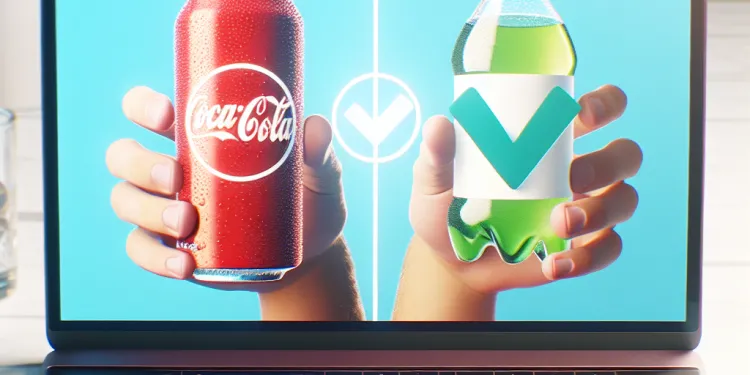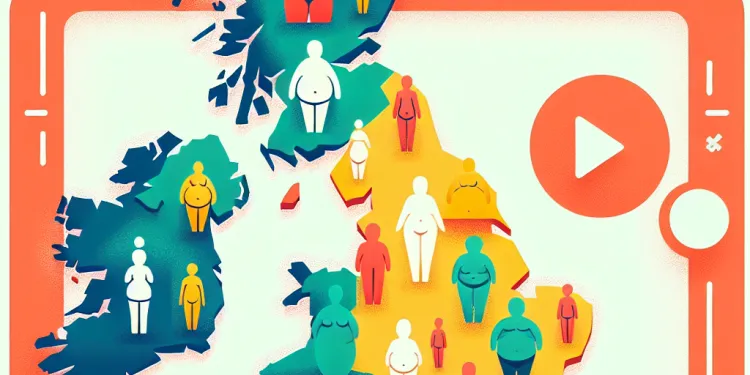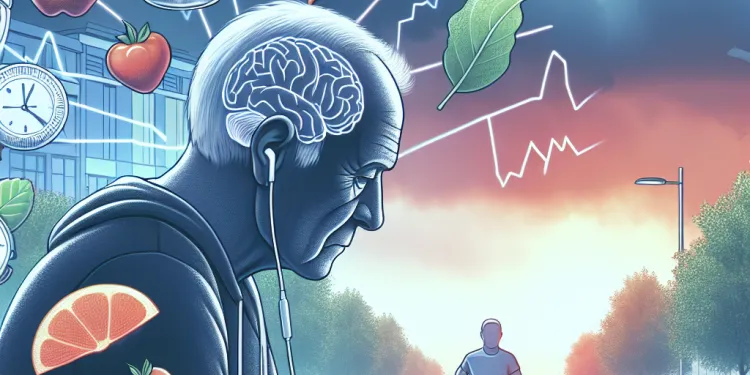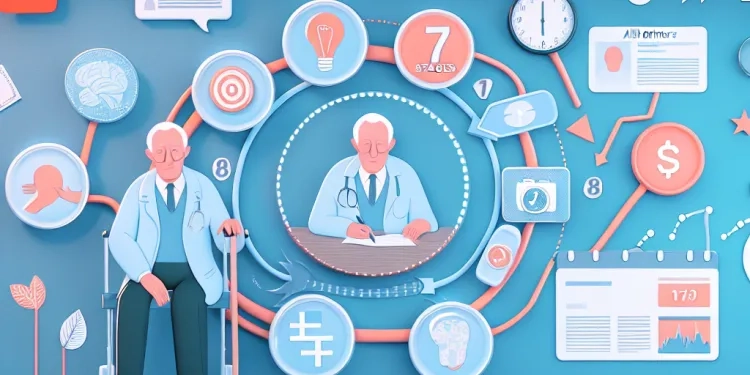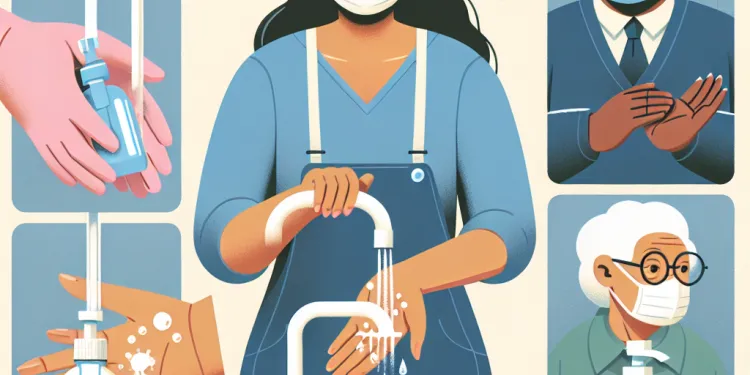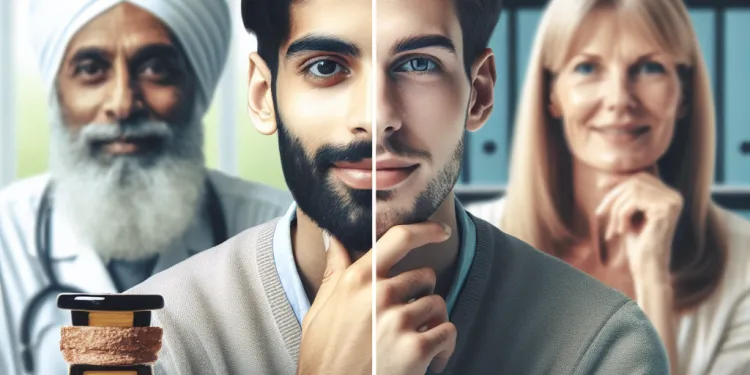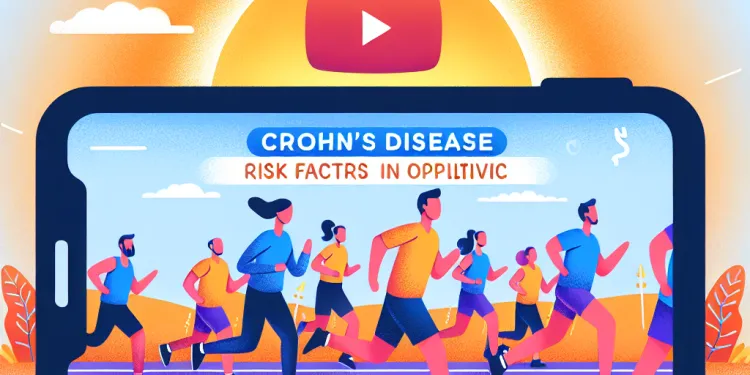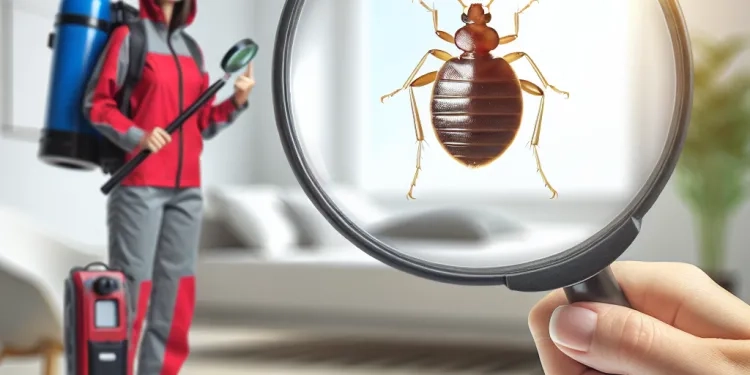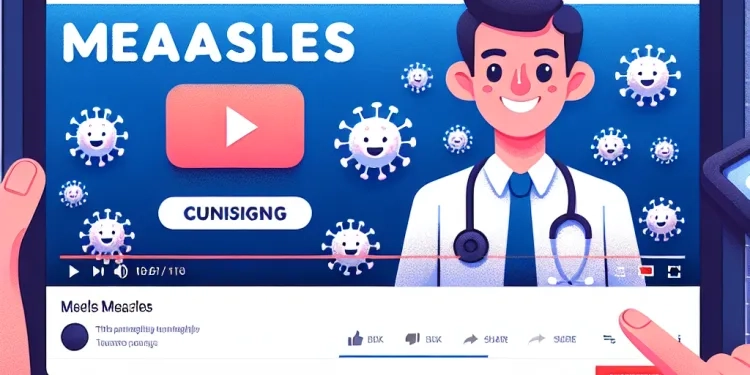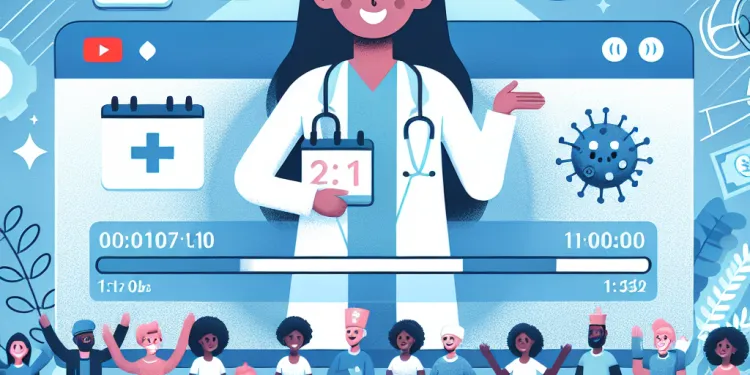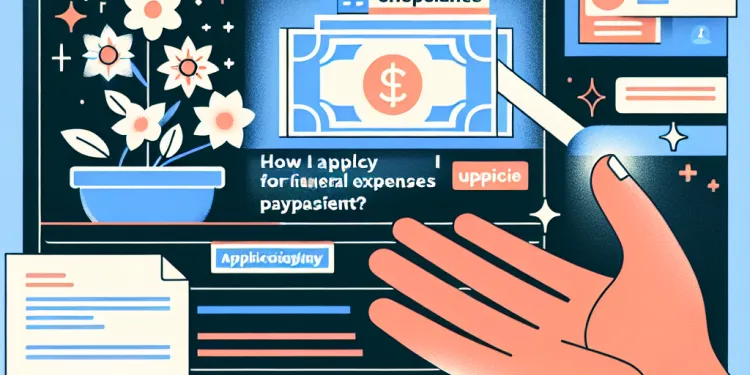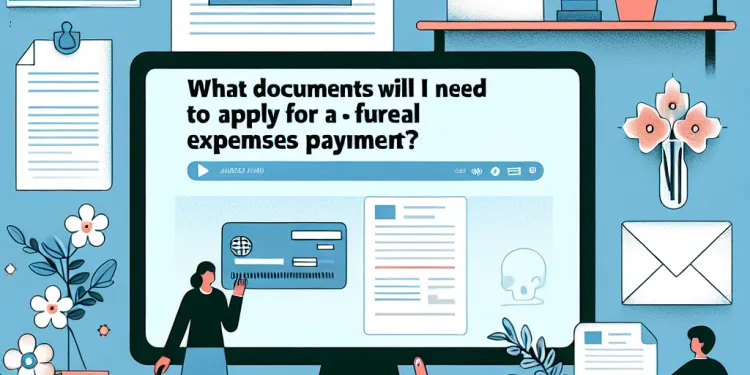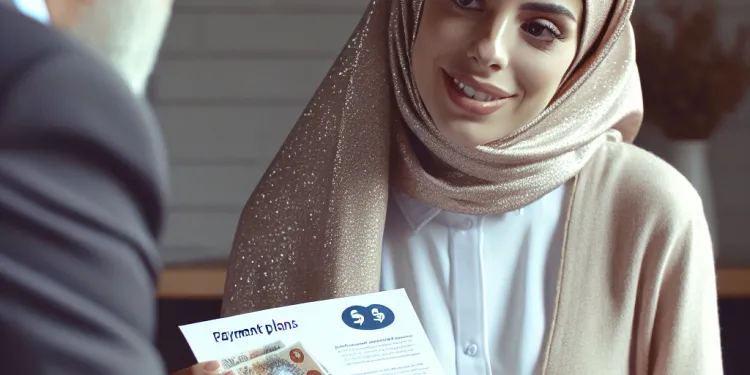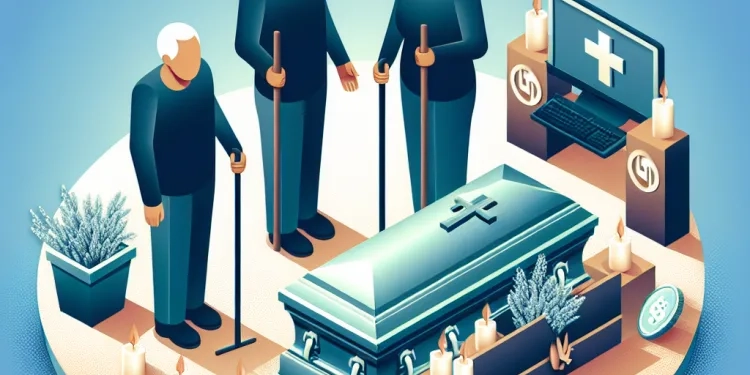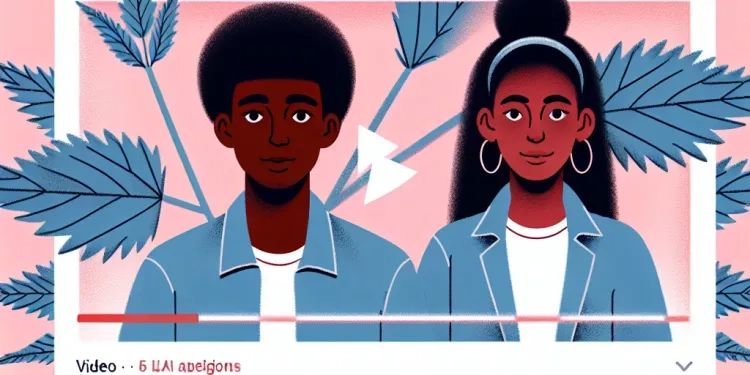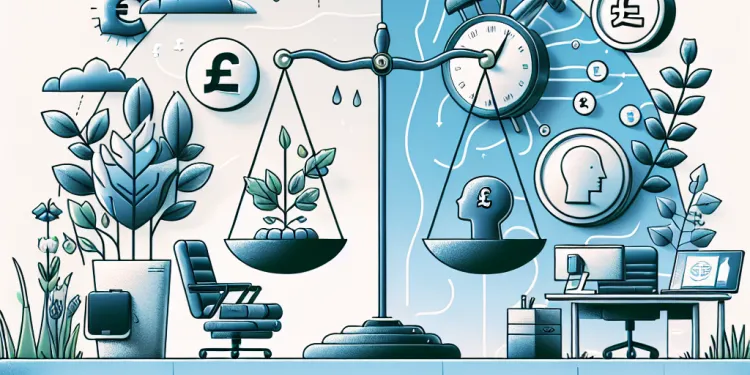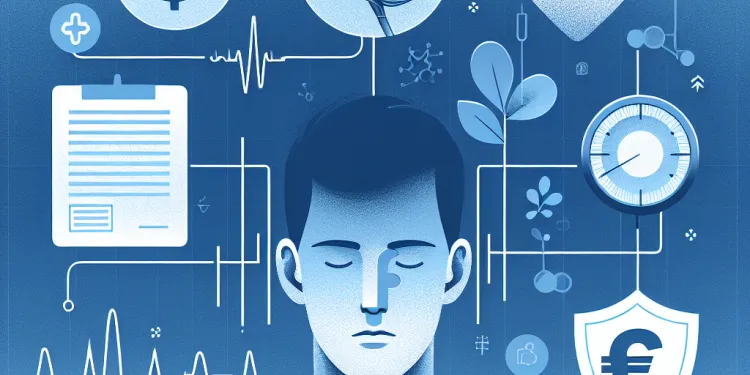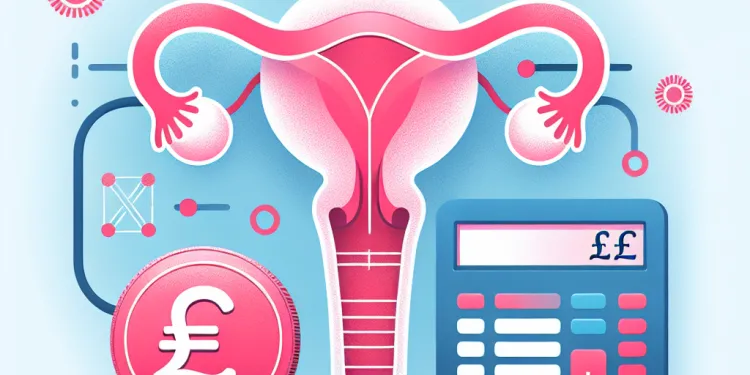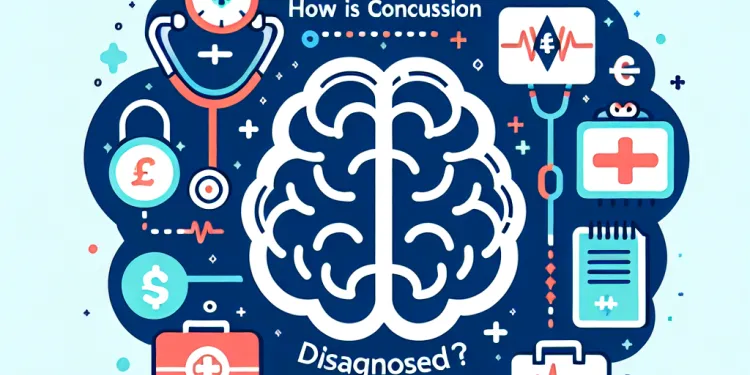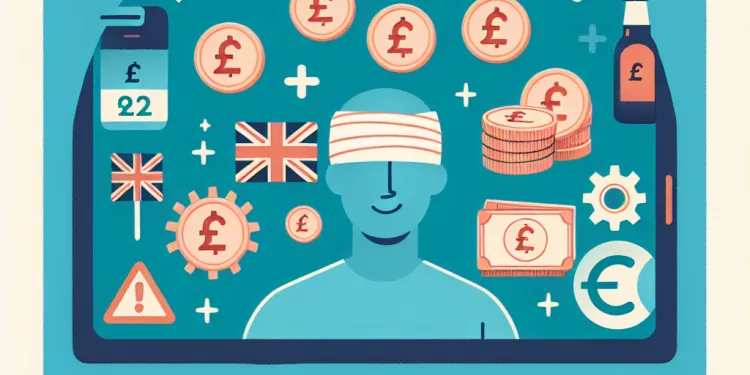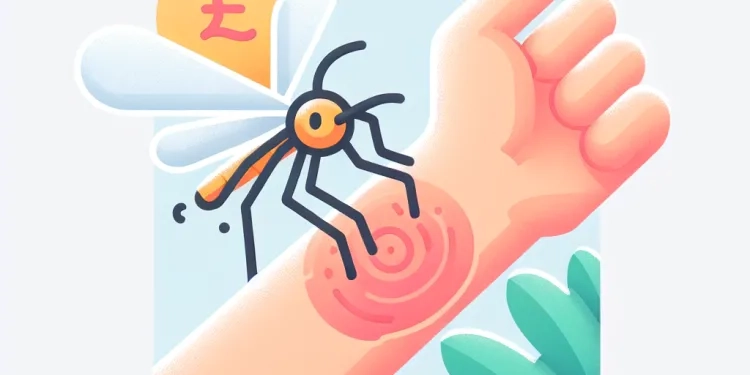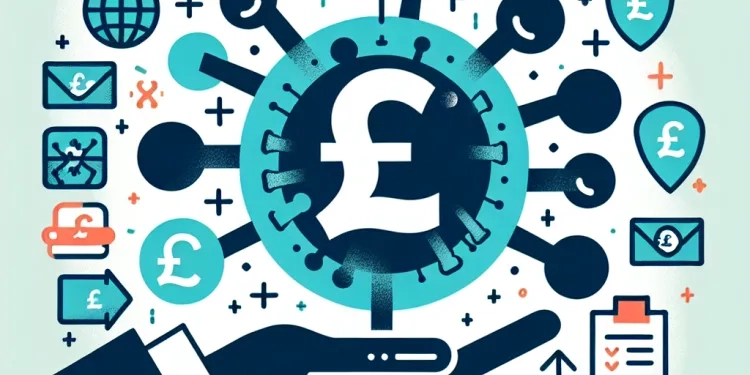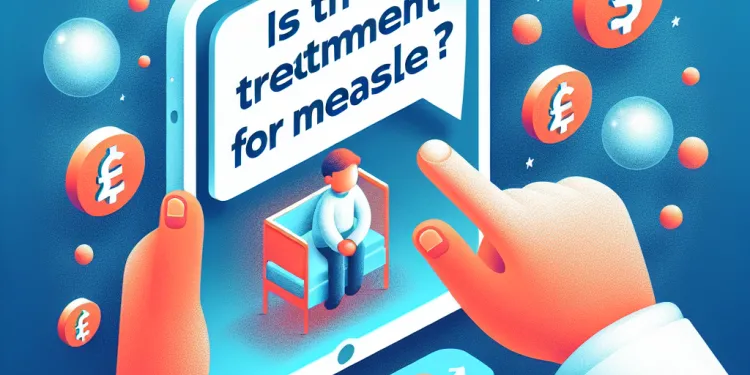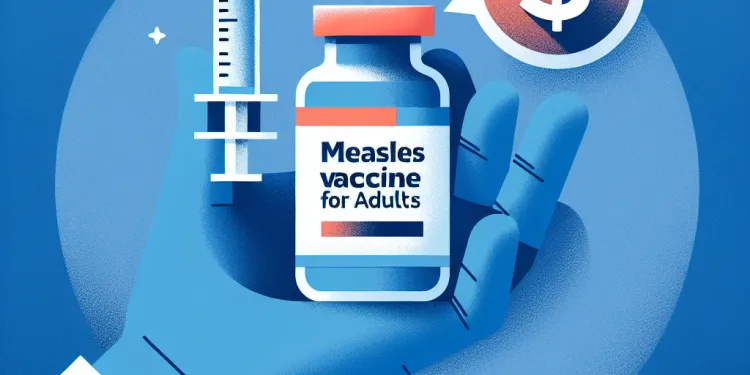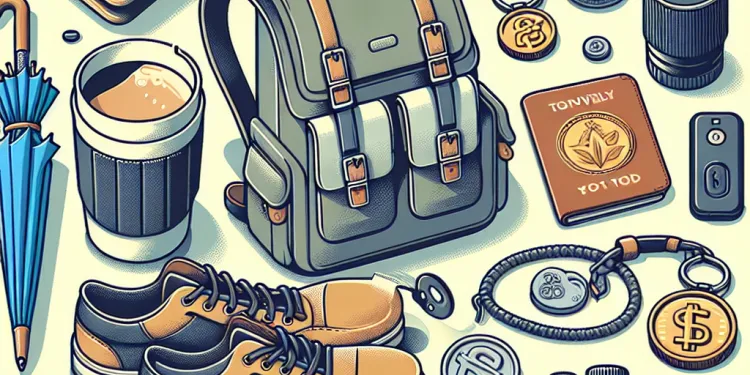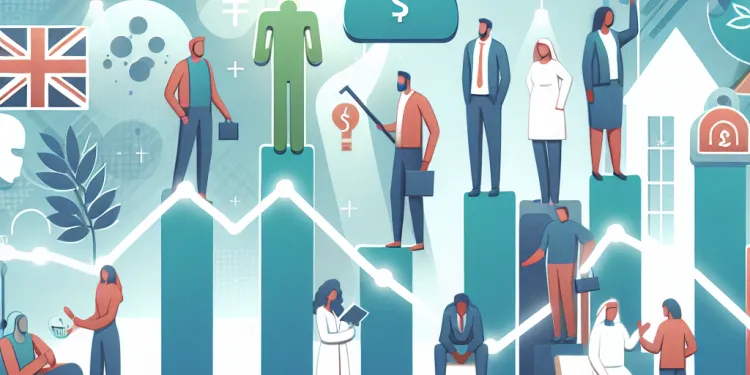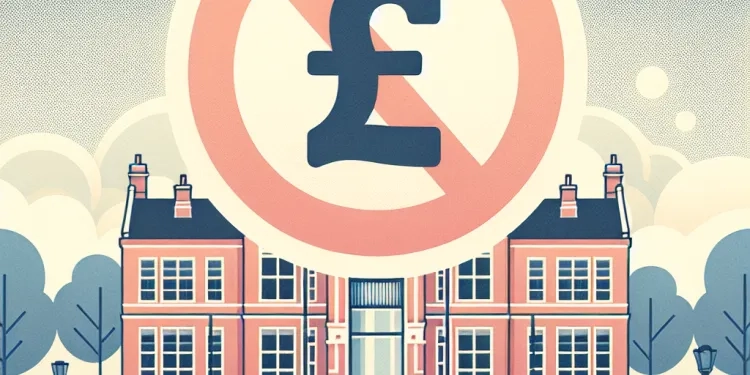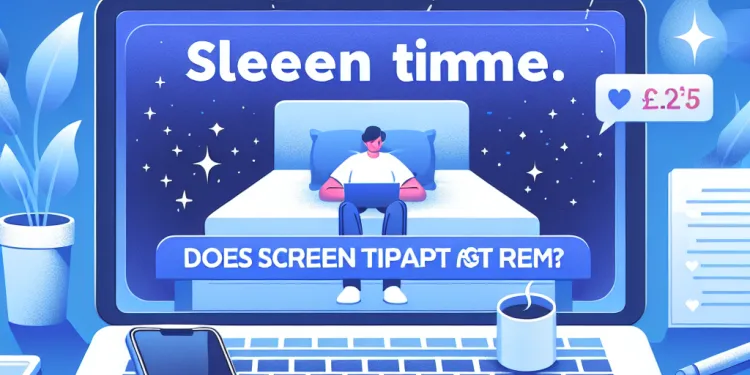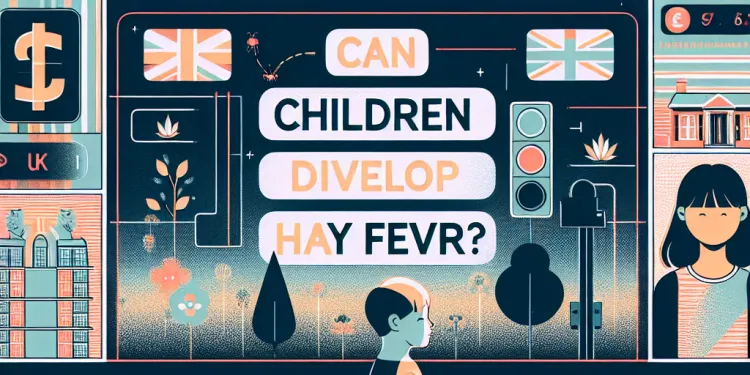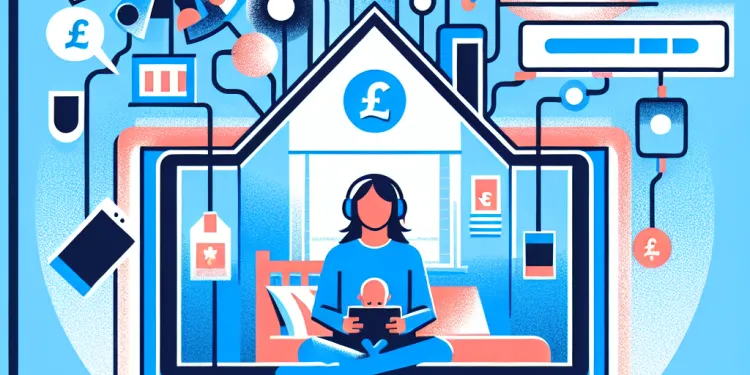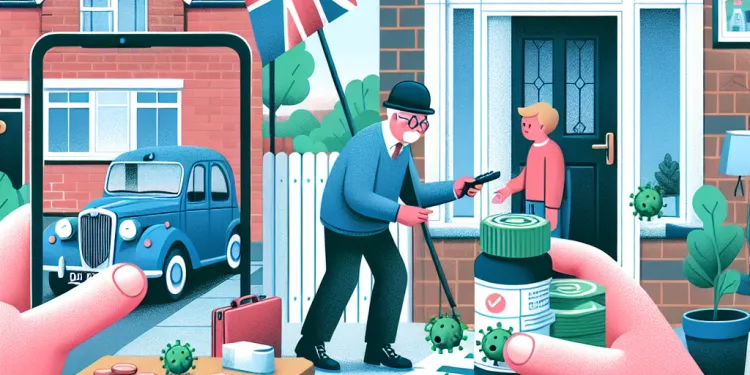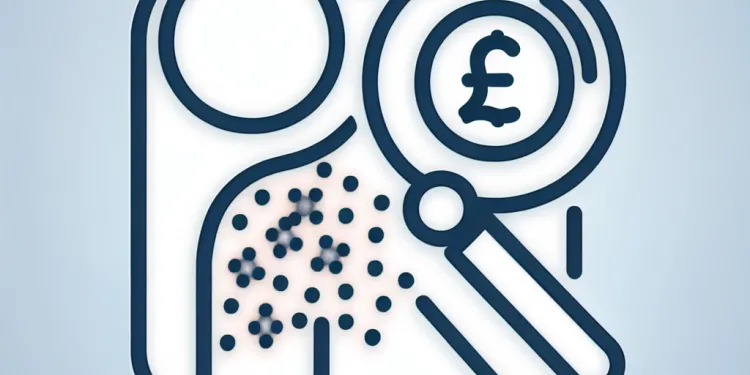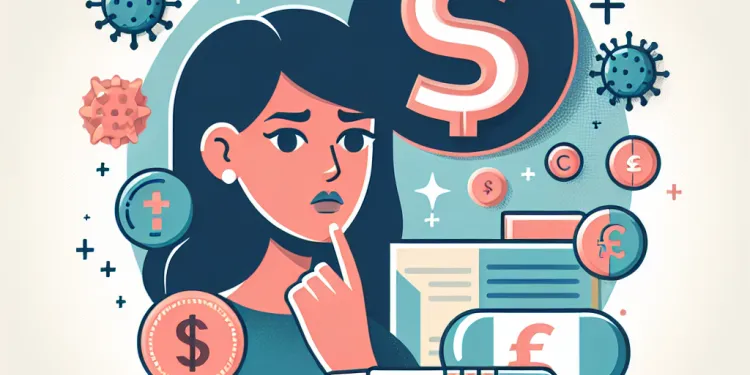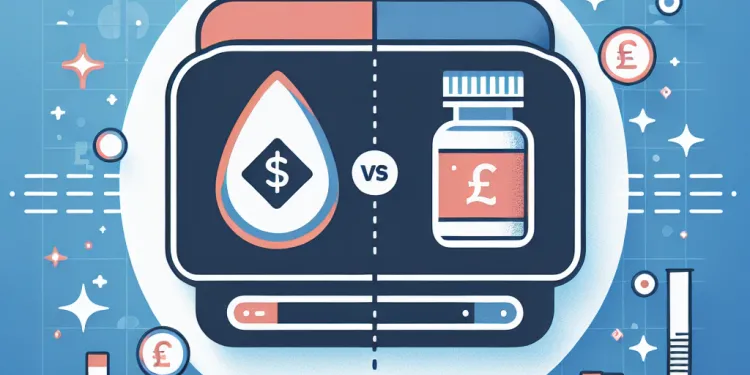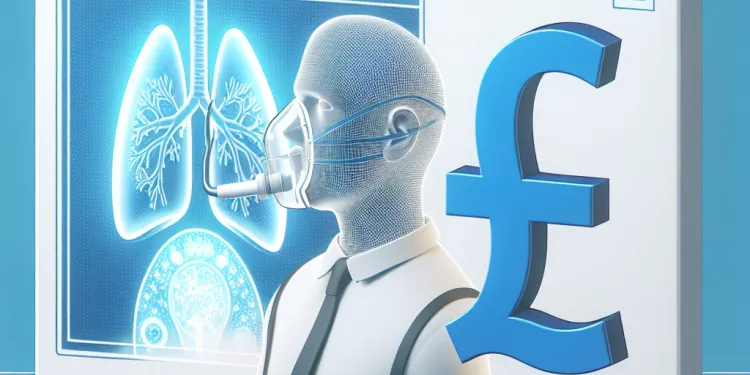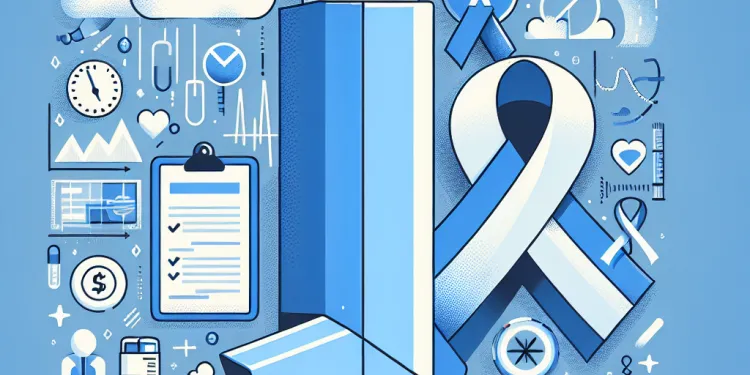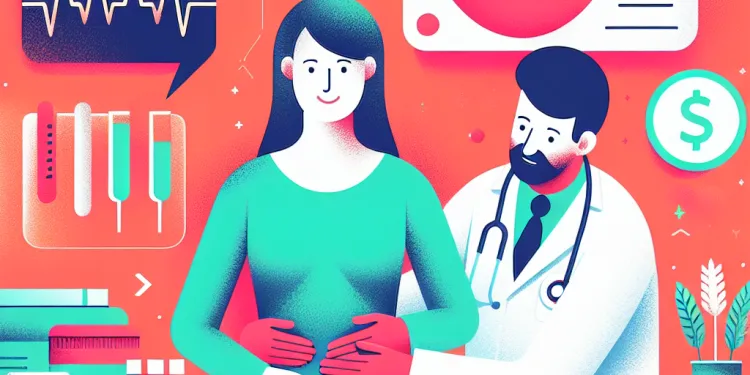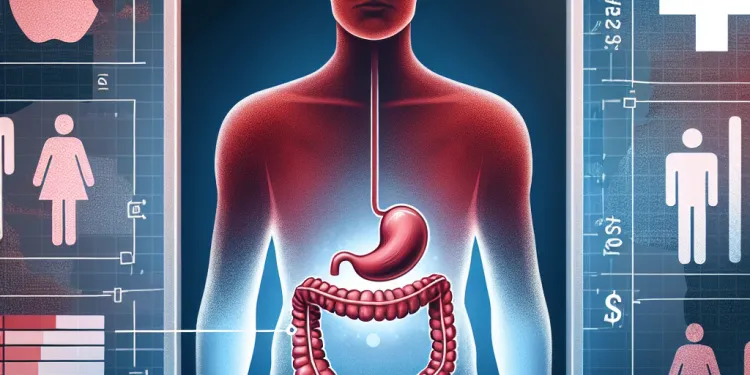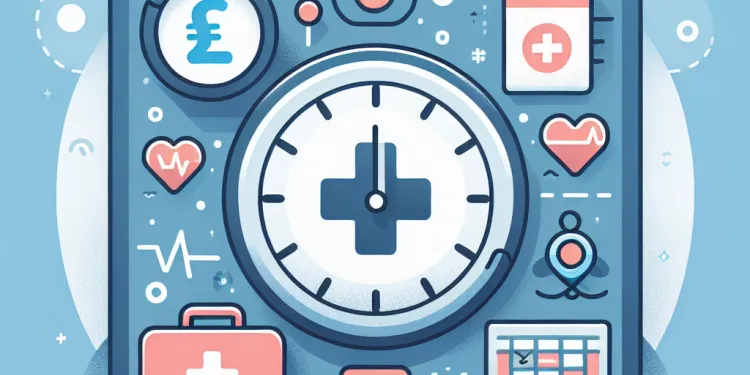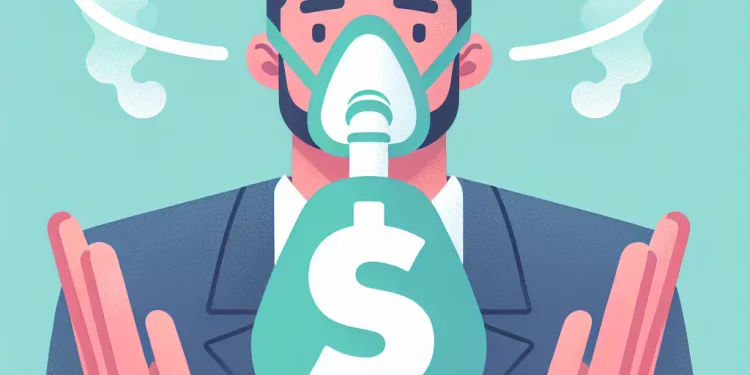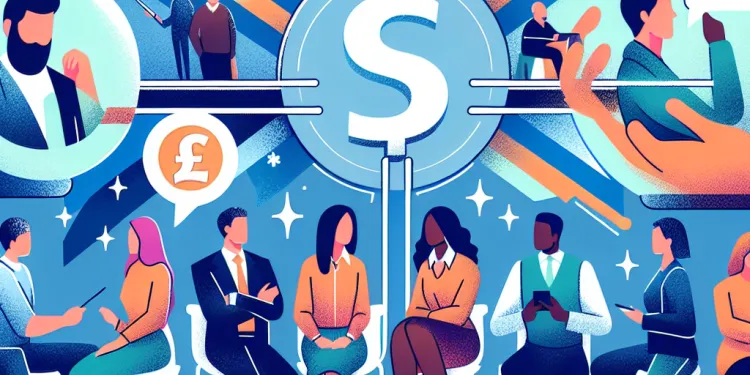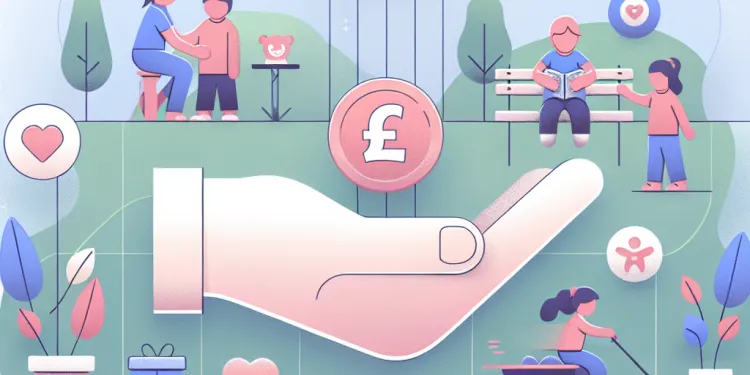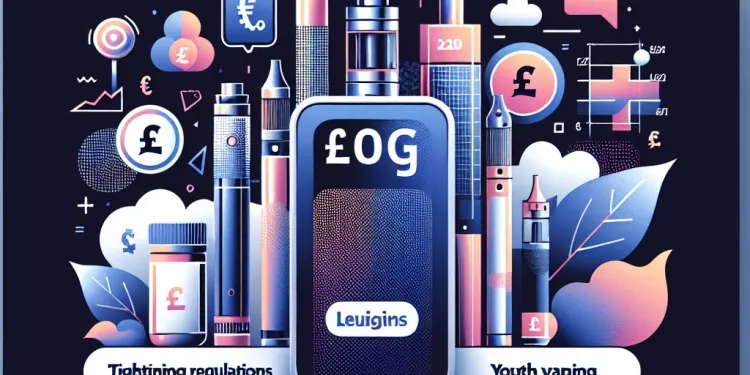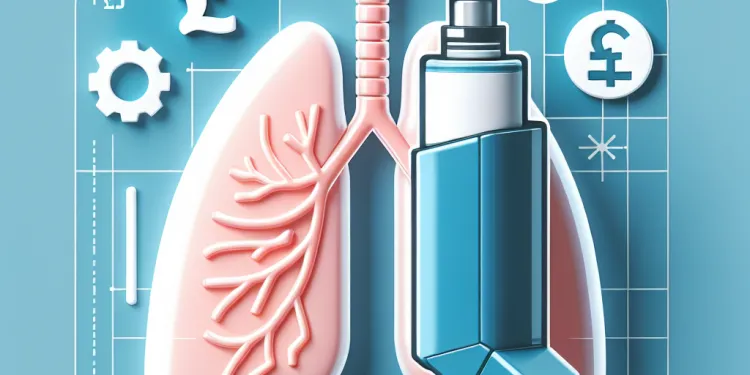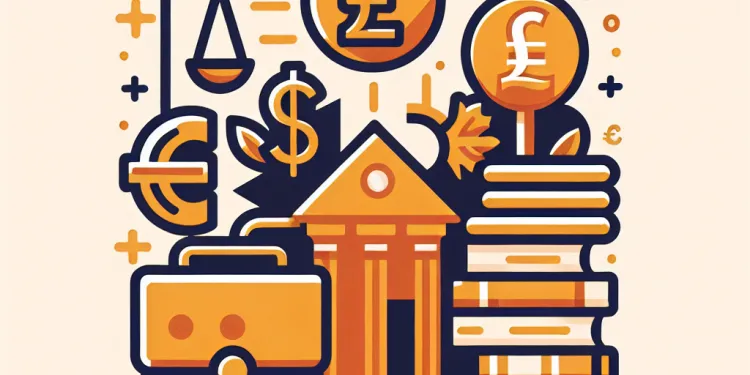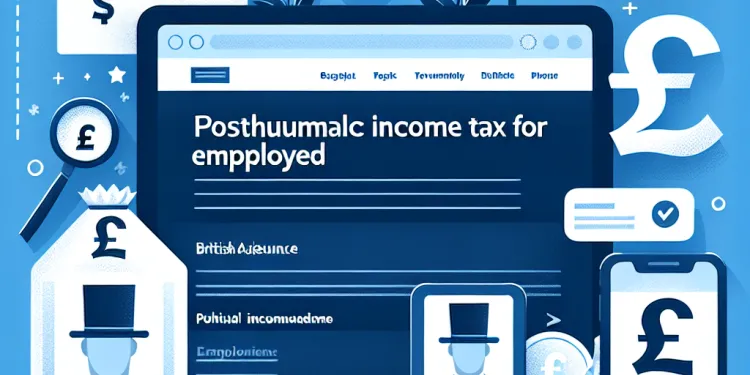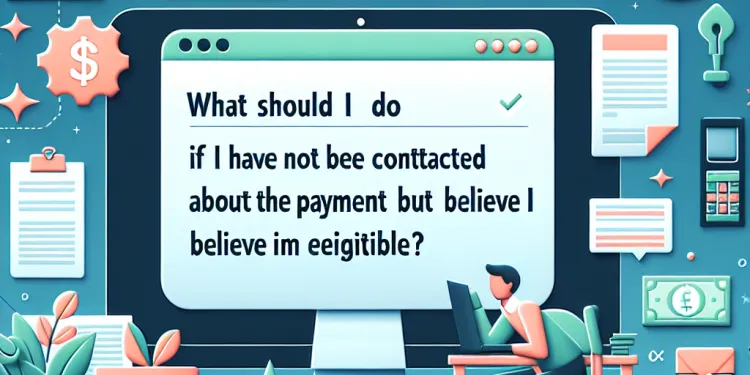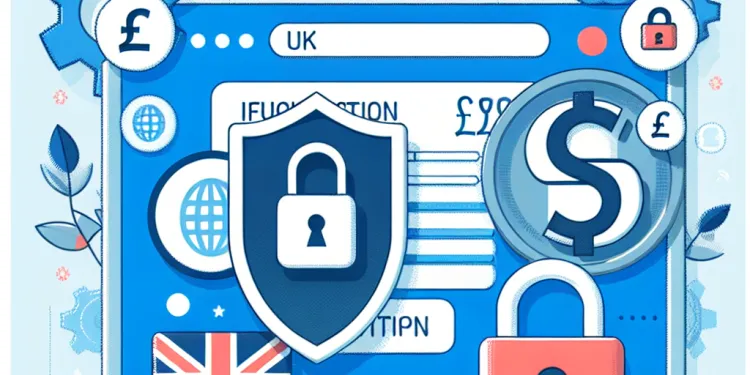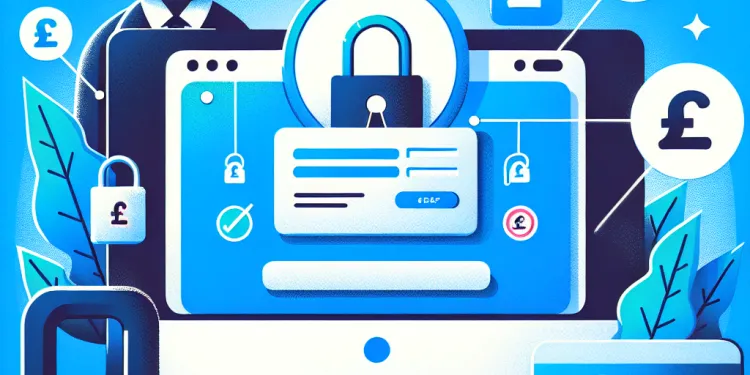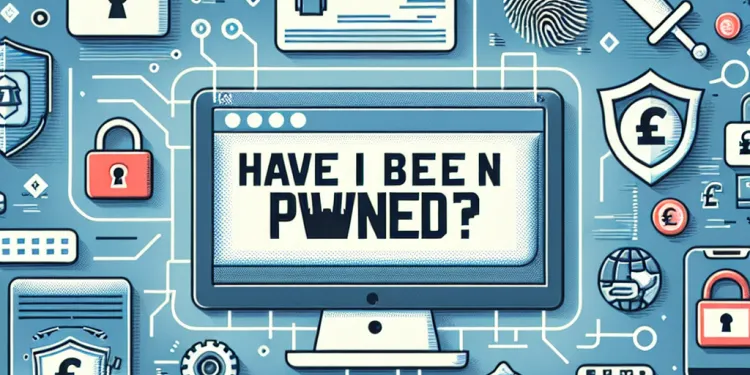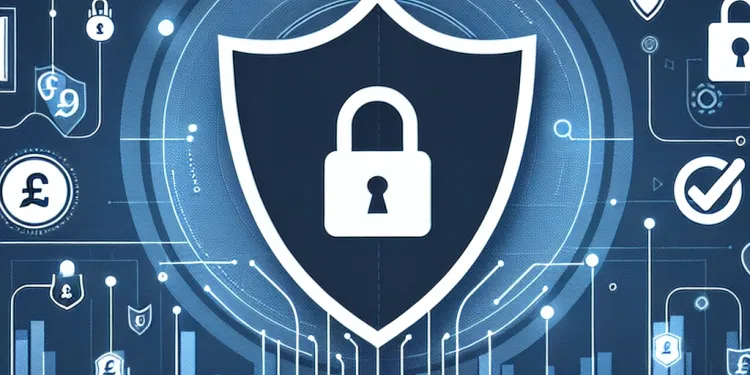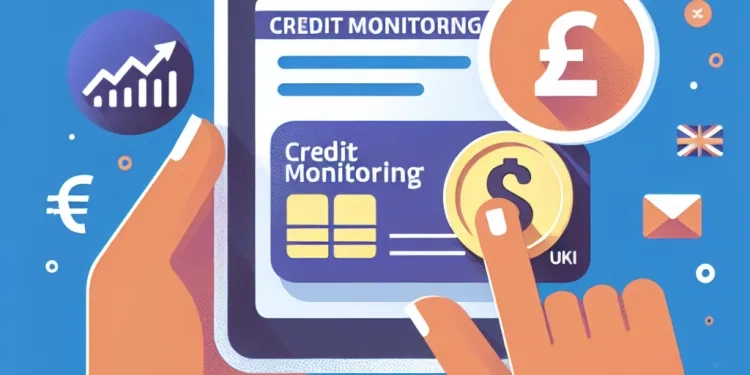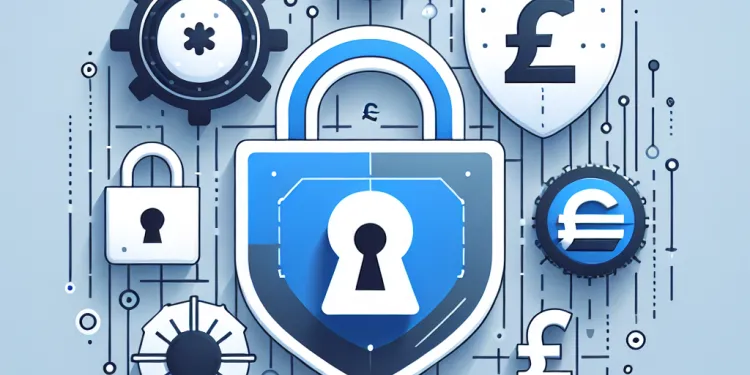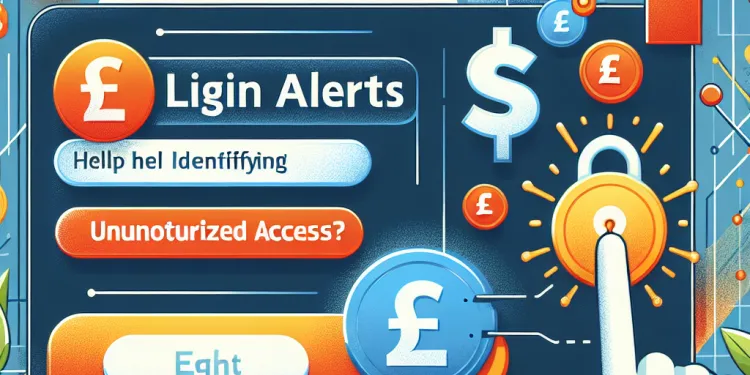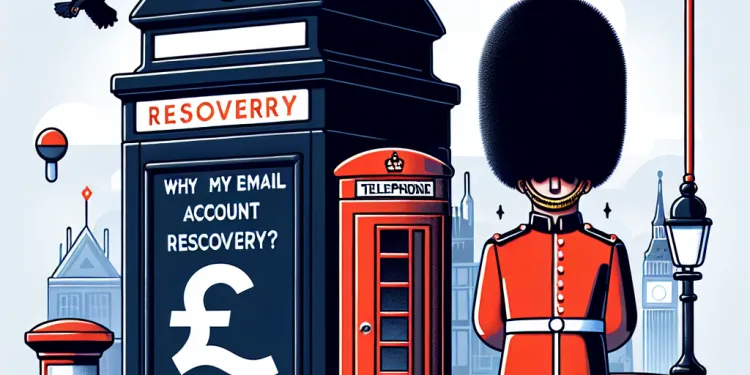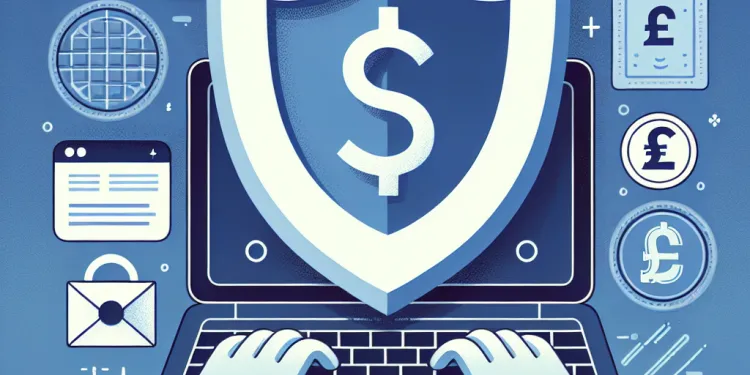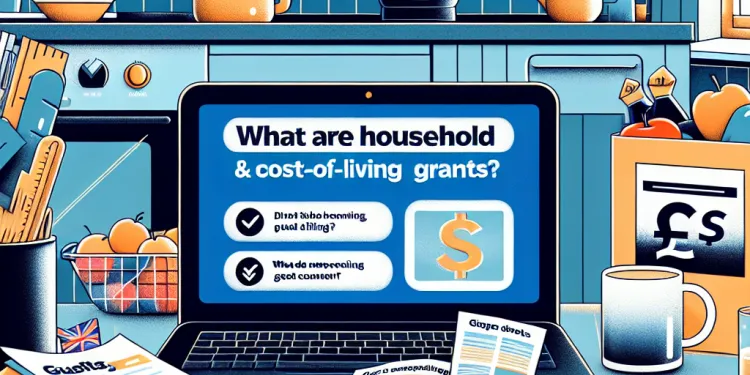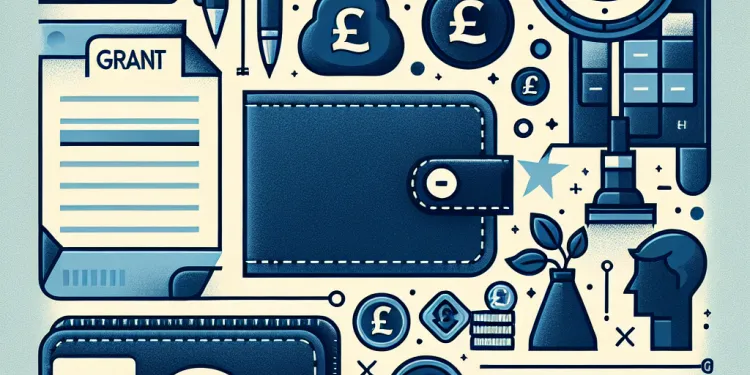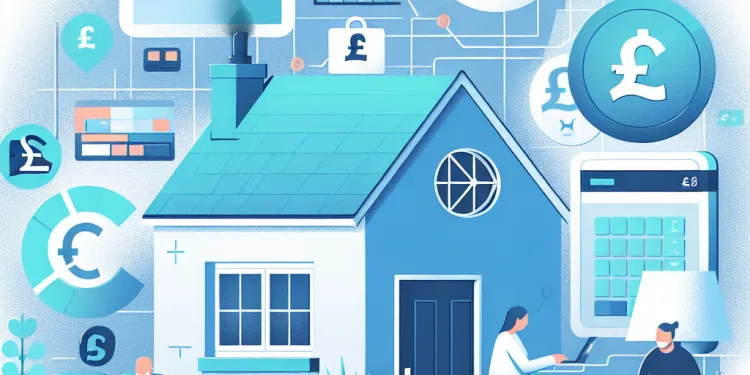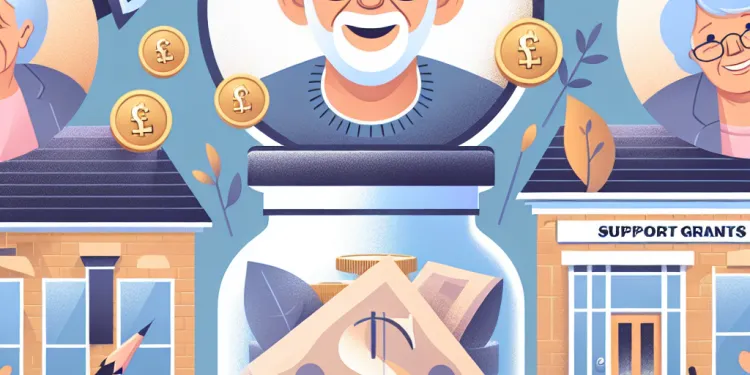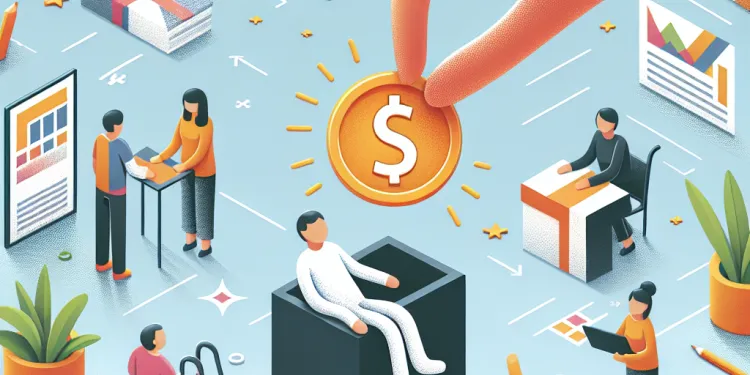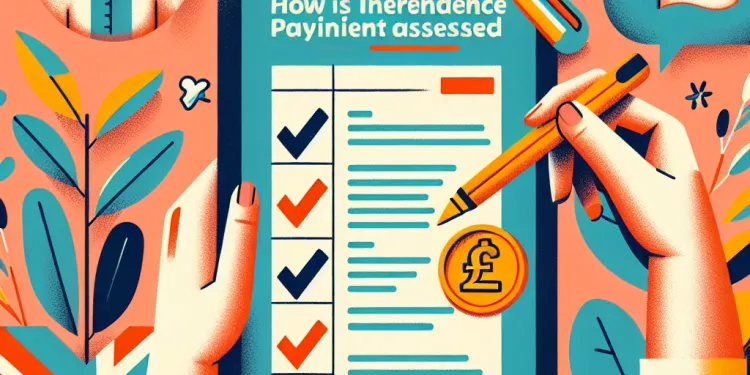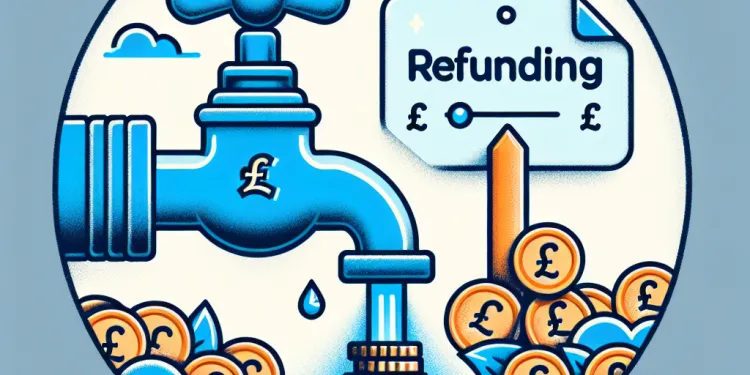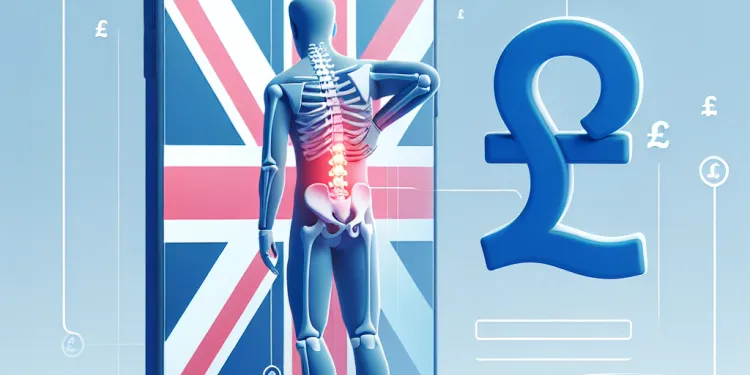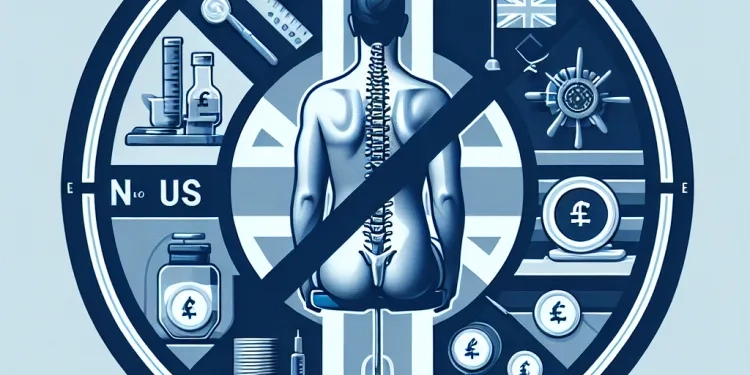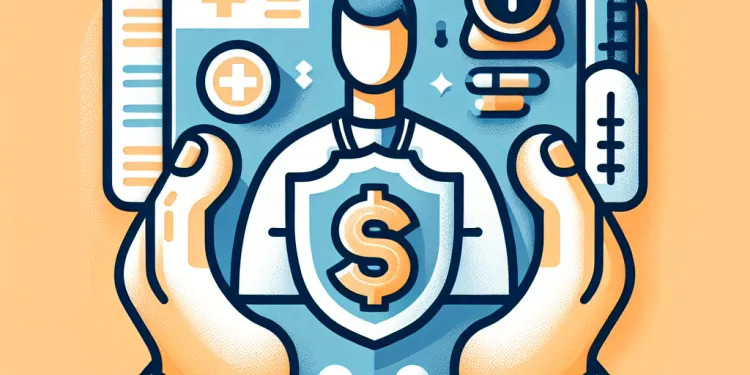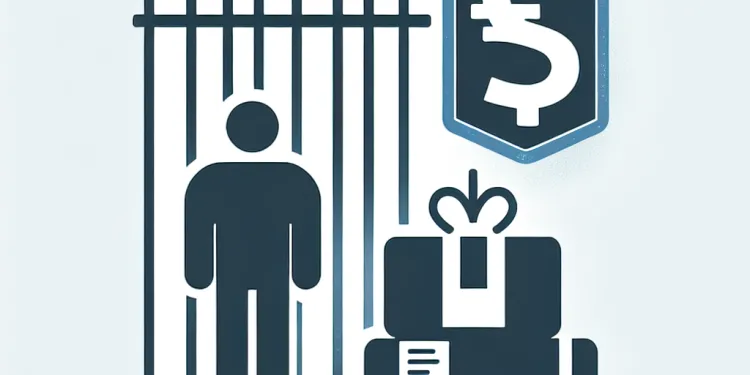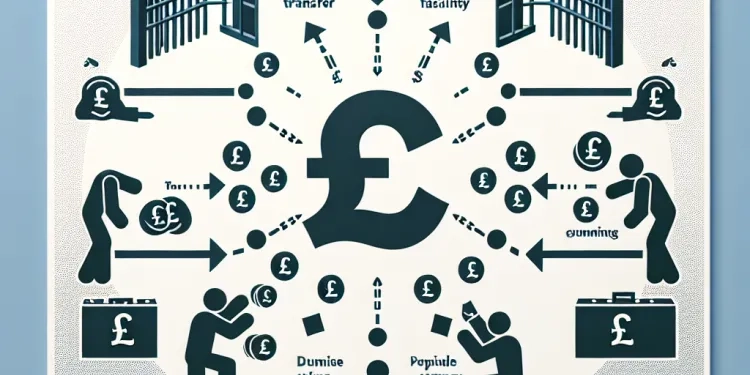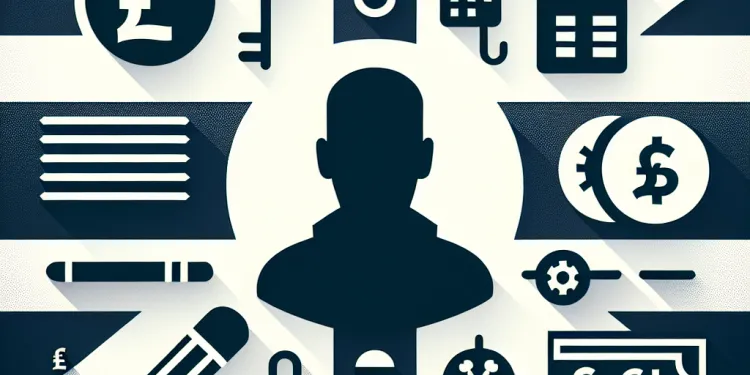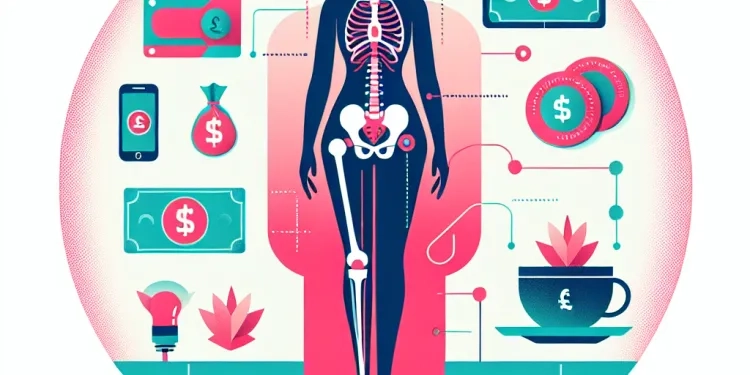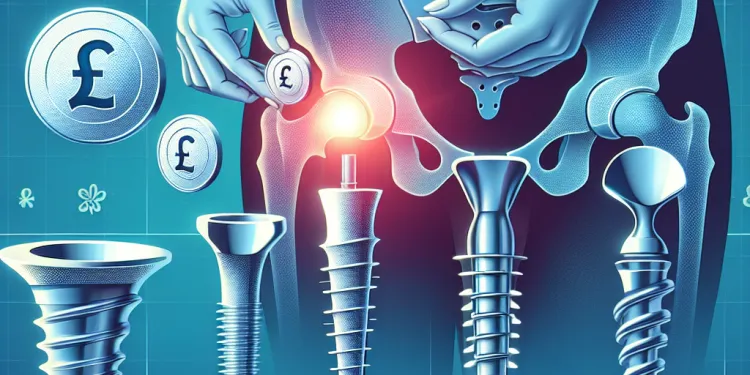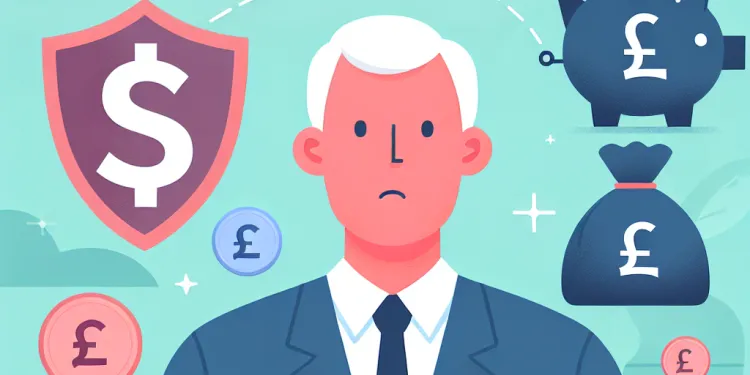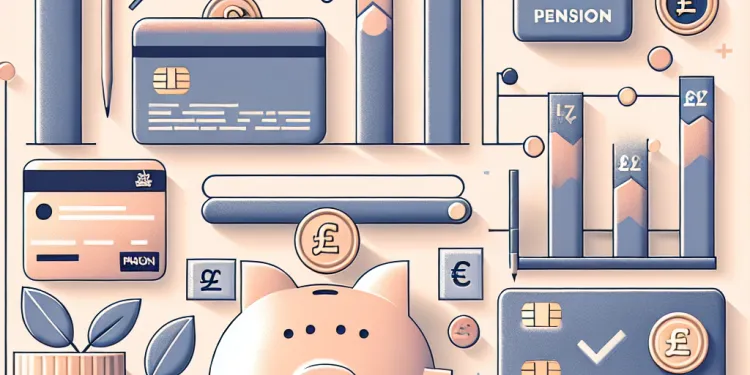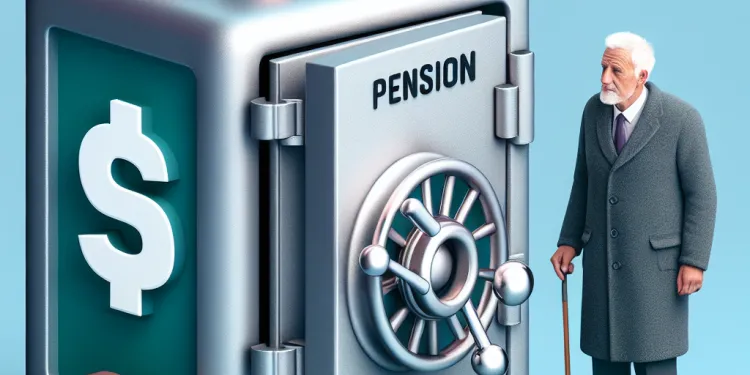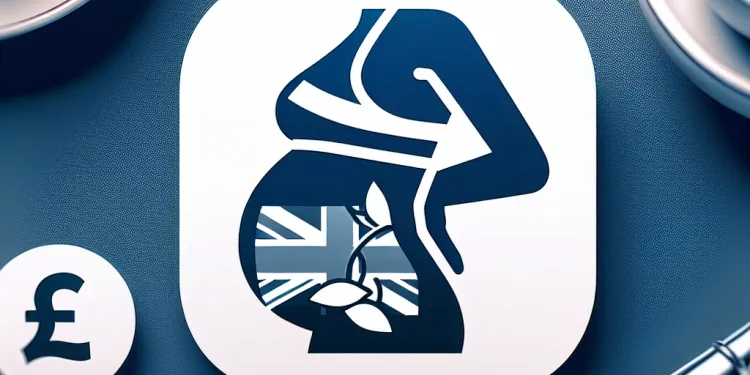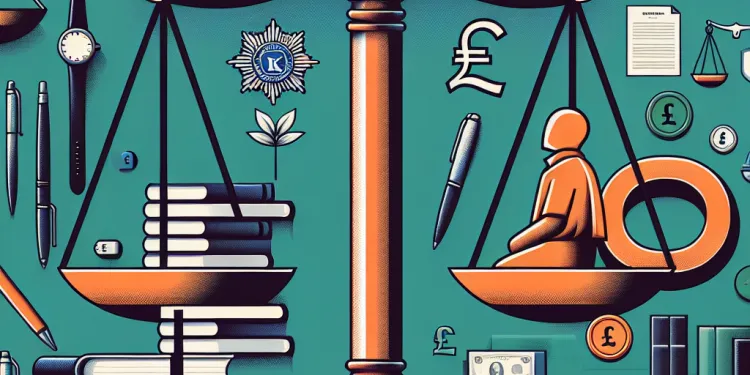
Find A Professional
More Items From Ergsy search
-

Can inmates access legal assistance?
Relevance: 100%
-

Emergency Legal Guidance: Navigating the Impact of Sudden Policy Changes on Families
Relevance: 43%
-

Navigating Legal Guardianship and Parental Responsibility in the UK
Relevance: 42%
-
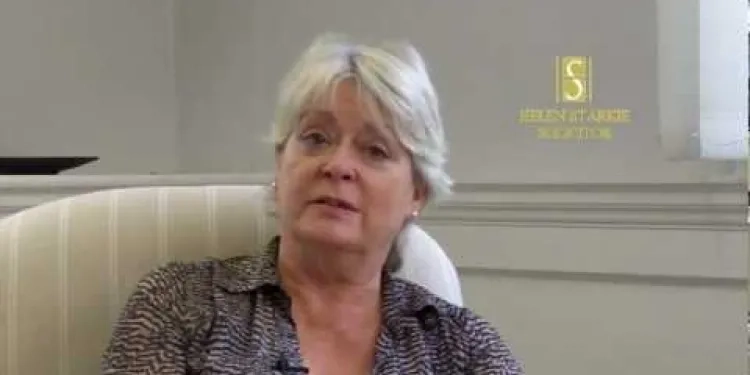
Helen Starkie, Solicitor, Bath, UK
Relevance: 33%
-
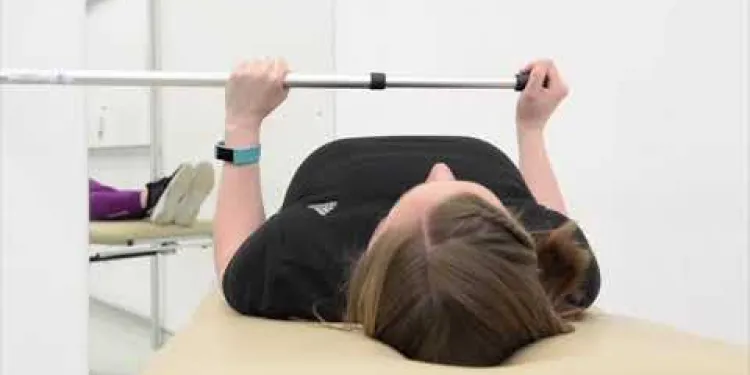
Frozen Shoulder Assisted Lateral Rotation
Relevance: 30%
-
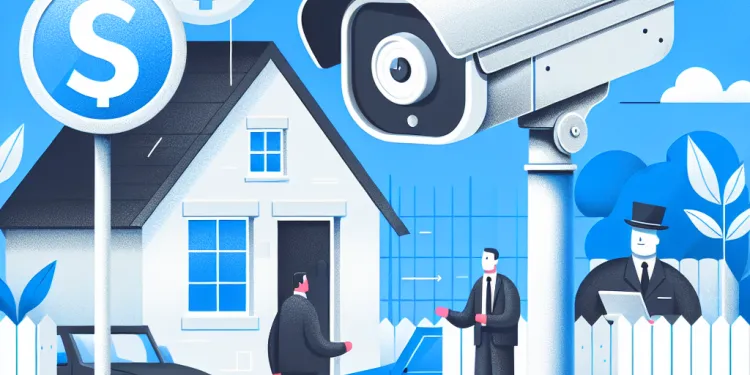
Is it legal for me to block the view of my neighbour's security camera?
Relevance: 28%
-
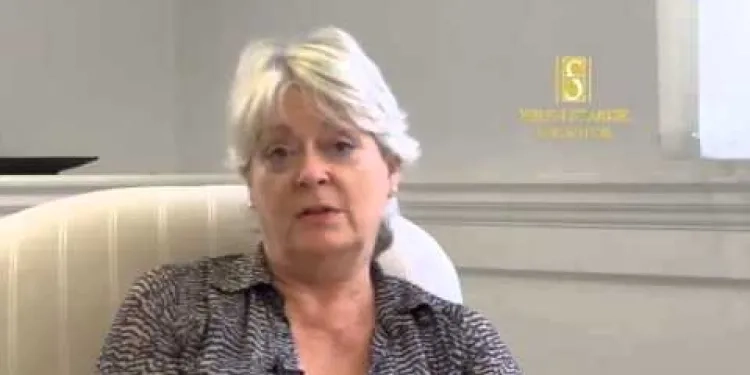
Helen Starkie, Bath Solicitor for Wills and Probate Law
Relevance: 27%
-
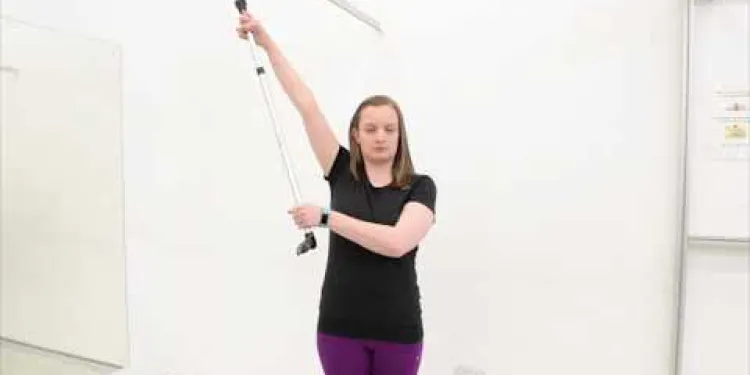
Frozen Shoulder Assisted Abduction
Relevance: 26%
-

Can my neighbour legally point a security camera at my property?
Relevance: 25%
-
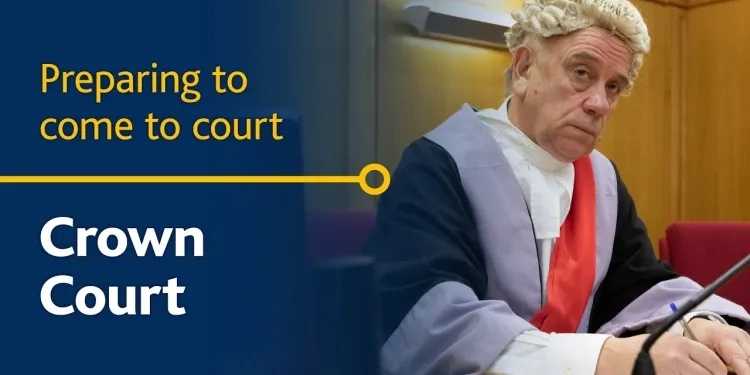
Crown Court - Preparing to come to court
Relevance: 24%
-

Handling Inheritance Disputes Legally
Relevance: 24%
-

Three-year limit for child sexual abuse claims to be removed
Relevance: 23%
-

Navigating Personal Injury Claims: What You Need to Know Post-2023
Relevance: 23%
-
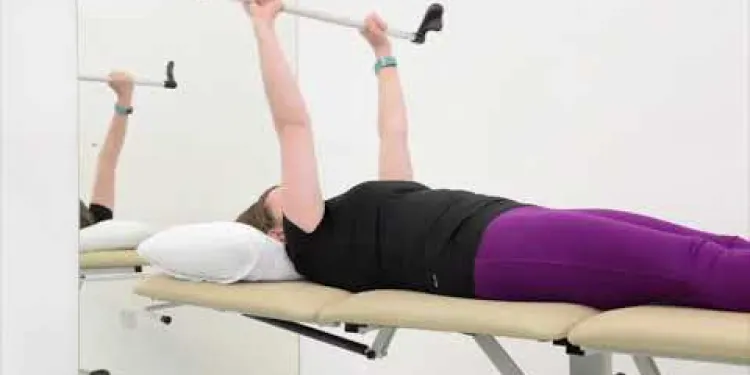
Frozen Shoulder Assisted Flexion
Relevance: 22%
-

Understanding Your Rights: Legal Support for Families During Economic Turbulence
Relevance: 22%
-

Do neighbours need to inform me if their cameras record my property?
Relevance: 21%
-
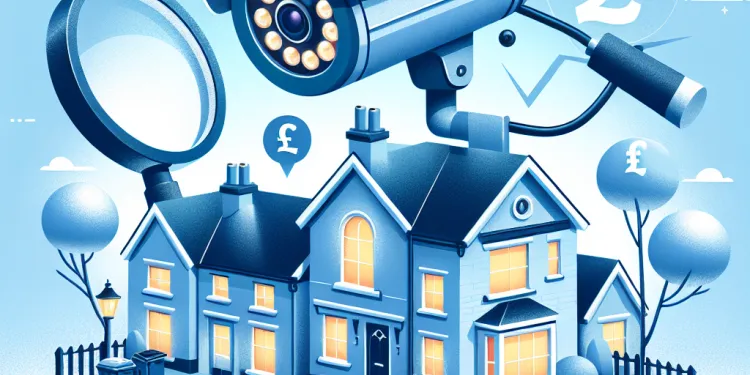
Can my neighbour use footage from their security camera as evidence in disputes?
Relevance: 19%
-

Understanding Your Rights During Divorce Proceedings in the UK
Relevance: 19%
-
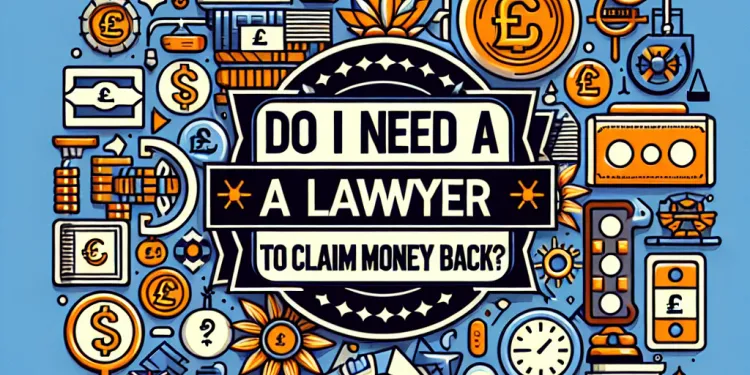
Do I need a lawyer to claim money back?
Relevance: 19%
-
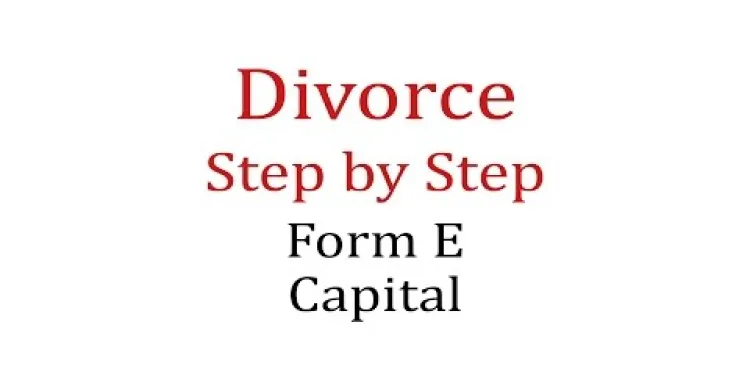
Divorce Step By Step - Form E - Capital
Relevance: 19%
-
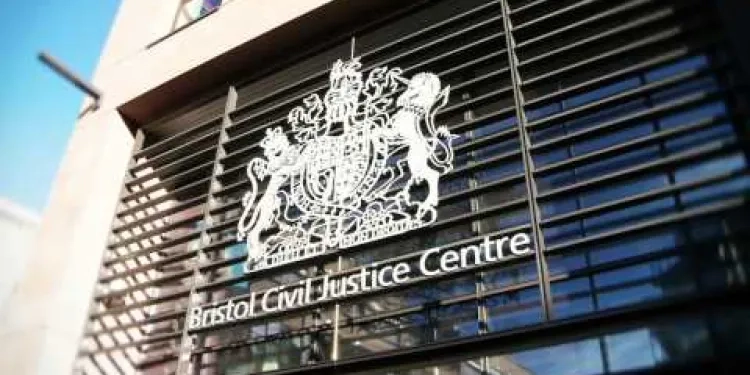
The Family Court without a Lawyer - Video 1 of 3
Relevance: 18%
-

How can I advocate for an inmate's needs?
Relevance: 17%
-
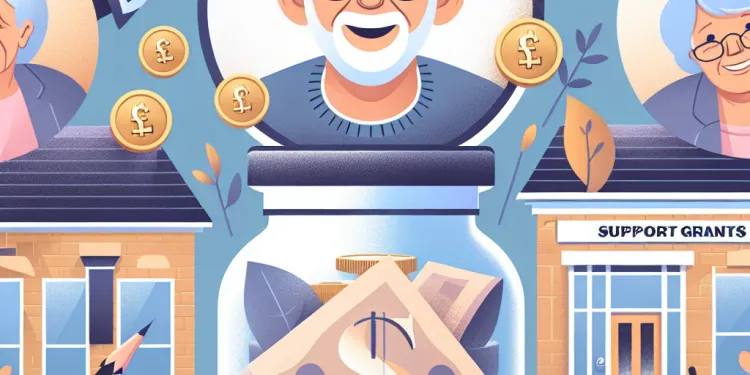
Are there support grants specifically for seniors?
Relevance: 17%
-
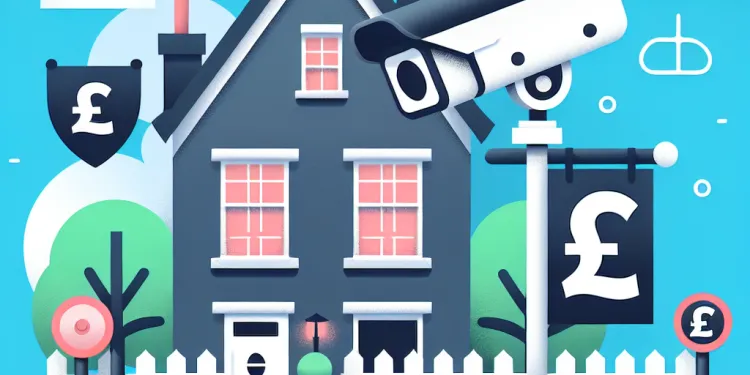
What steps can I take if my neighbour refuses to reposition their security camera?
Relevance: 17%
-
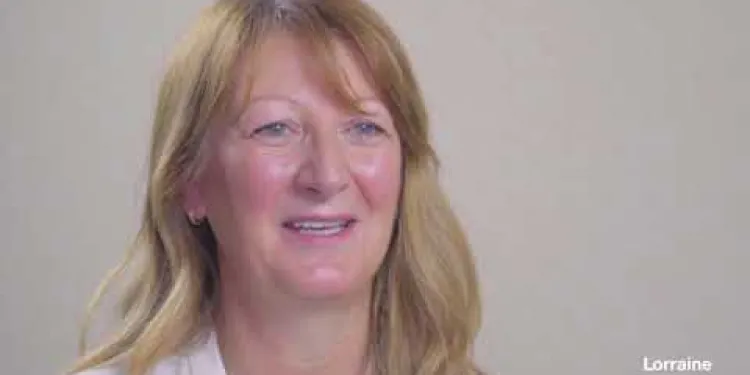
Getting help and support with frontotemporal dementia (FTD) (part 2/3)
Relevance: 17%
-
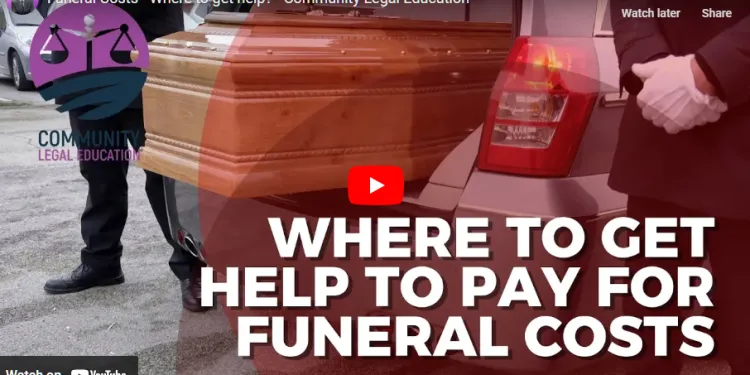
Funeral Costs - Where to get help? - Community Legal Education
Relevance: 16%
-
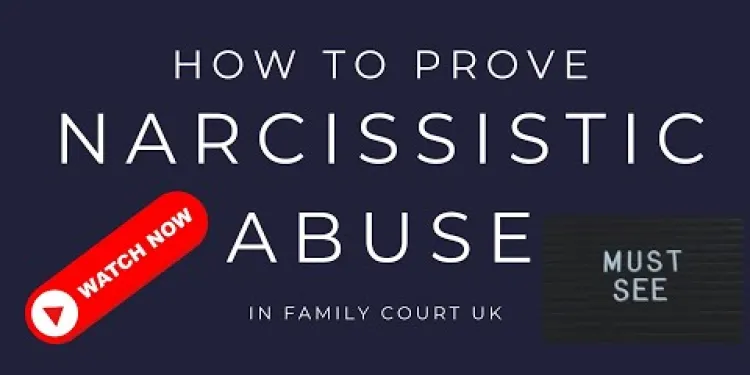
How To Prove Narcissistic Abuse In Family Court UK
Relevance: 16%
-
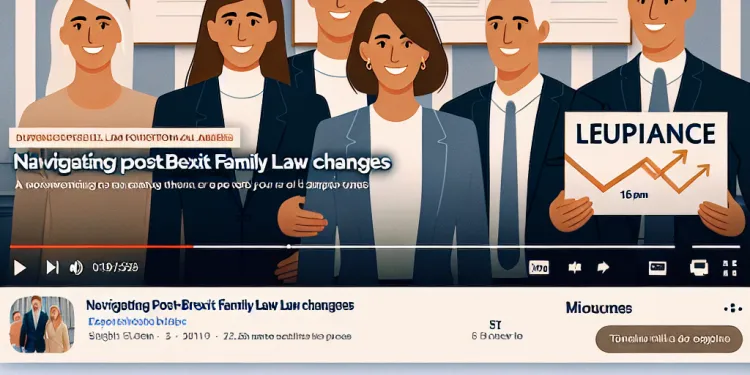
Navigating Post-Brexit Family Law Changes
Relevance: 16%
-
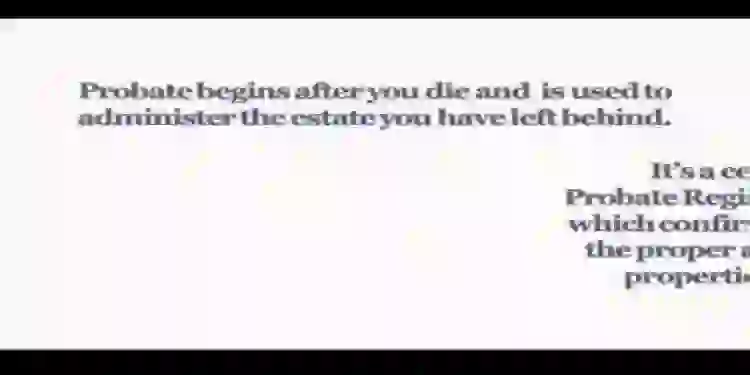
Will and Probate Solicitor Bath
Relevance: 16%
-

Navigating Changes in Family Law Post-Brexit
Relevance: 16%
-
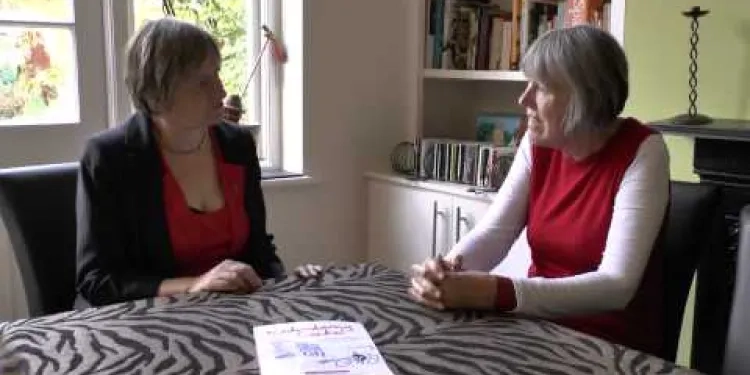
Redundancy Crusader and Annabel Kaye on communications in redundancy (5).MTS
Relevance: 16%
-

Can I bury a loved on on my own private property?
Relevance: 15%
-

Are there any charities that can help with funeral costs?
Relevance: 15%
-
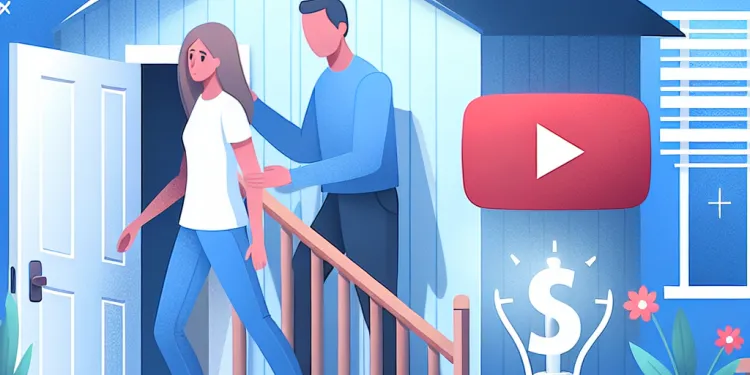
Steps to Take When Facing Domestic Abuse
Relevance: 15%
-

Greenwashing Lawsuits Increase as Environmental Claims Face Legal Checks
Relevance: 15%
-
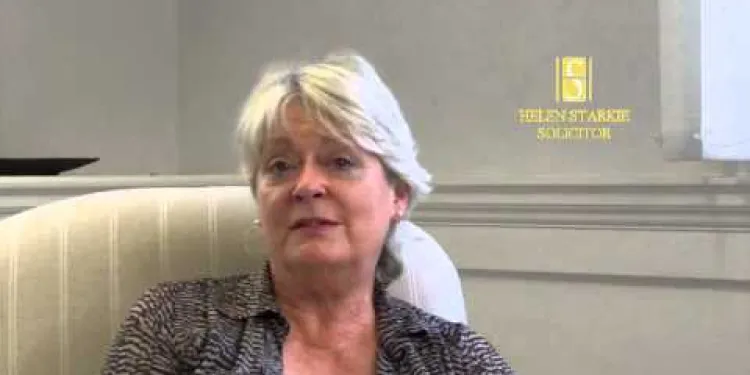
Wills, Probate and Tax Planning in the UK
Relevance: 14%
-

Are there legal guidelines for sewage discharge into UK waters?
Relevance: 14%
-
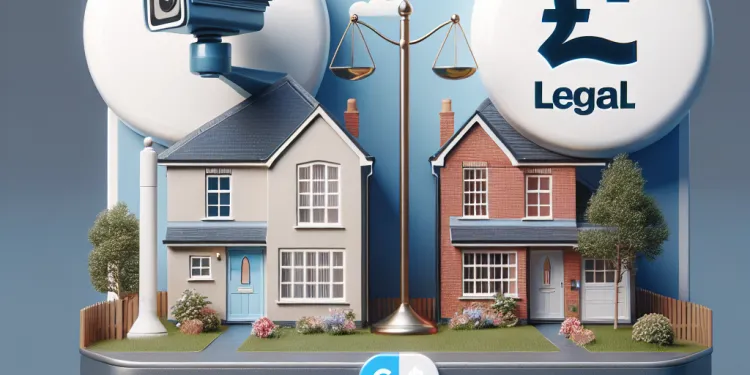
Can the police access my neighbour’s CCTV footage without consent?
Relevance: 14%
-

Magistrates in the Family Court: A Private Law Case
Relevance: 14%
-
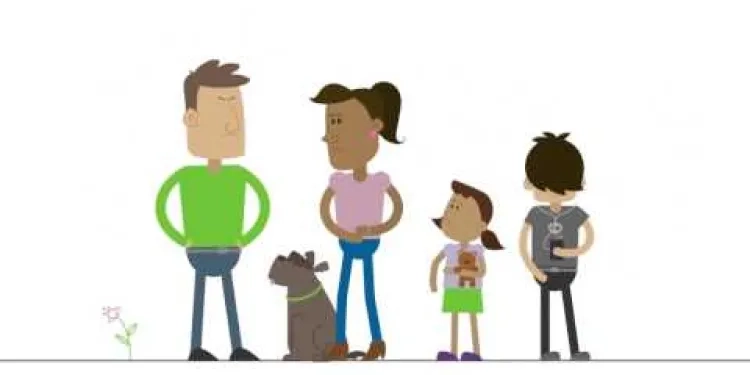
A Guide to the Divorce Process
Relevance: 14%
Introduction
Inmates in the United Kingdom have the right to access legal assistance. This right is fundamental to ensuring justice and fairness within the criminal justice system. Access to legal resources is crucial for inmates to understand and exercise their legal rights, appeal convictions, or address grievances related to their incarceration.
Legal Framework
The right to legal assistance for inmates is enshrined in various legal provisions and statutes. Human rights laws, particularly the Human Rights Act 1998, stress the importance of fair legal proceedings. Additionally, the European Convention on Human Rights emphasizes the right to a fair trial and access to legal counsel. These provide a legal basis for inmates in the UK to seek and obtain legal help.
Legal Aid and Assistance
Legal aid is available to inmates in the UK under certain circumstances. The Legal Aid, Sentencing and Punishment of Offenders Act 2012 outlines the eligibility criteria for accessing legal aid. Inmates can apply for legal aid to cover costs related to legal representation, especially if they are appealing a conviction or sentence. Additionally, legal aid may be available for addressing issues such as prison conditions or human rights violations.
Access to Lawyers
Inmates have the right to consult with solicitors and barristers. They can arrange for legal visits in prison, where they can communicate confidentially with their legal representatives. This contact is crucial for preparing and presenting legal cases. Prisons in the UK facilitate legal visits, ensuring that inmates can engage with their attorneys effectively.
Challenges in Access
Despite these rights, inmates may face challenges in accessing legal assistance. Overcrowding in prisons, limited resources, and administrative hurdles can impede timely access to legal help. Furthermore, some inmates may be unaware of their rights or the procedures to obtain legal assistance, highlighting the need for increased legal literacy among the incarcerated population.
Support Services
Several organisations work to support inmates in accessing legal assistance. Organisations such as the Prisoners' Advice Service and the Howard League for Penal Reform provide guidance and advocacy for inmates seeking legal help. These organisations play a critical role in bridging the gap between inmates and the legal system, offering advice and support to those in need.
Conclusion
Access to legal assistance is a vital right for inmates in the UK, ensuring that justice and fairness are upheld within the criminal justice system. While legal frameworks and support services exist to facilitate this access, challenges remain. Continued efforts are needed to enhance legal literacy and ensure that all inmates can exercise their rights effectively.
Introduction
People in prison in the UK have the right to get legal help. This is important to make sure things are fair and right in the law system. Getting legal help lets people in prison know their rights and can help if they want to change something about their punishment or prison conditions.
Legal Rules
There are laws that say people in prison should get legal help. The Human Rights Act 1998 and the European Convention on Human Rights say it's important to have a fair trial and access to a lawyer. These rules help people in prison get the legal help they need in the UK.
Legal Aid and Help
People in prison in the UK can sometimes get help paying for a lawyer. The Legal Aid, Sentencing and Punishment of Offenders Act 2012 explains who can get this help. Legal aid can pay for a lawyer if someone in prison is trying to change their punishment or has issues with prison conditions or rights.
Visiting Lawyers
People in prison can talk to lawyers like solicitors and barristers. They can have private meetings in prison to talk about their legal cases. Prisons in the UK help set up these visits so people in prison can speak with their lawyers.
Problems Getting Legal Help
Even though there are rights to legal help, sometimes it's hard to get it. Prisons can be crowded, and resources can be tight, which makes it hard to see a lawyer. Some people in prison may not know what rights they have or how to get help, so it’s important to teach them about these things.
Help Services
There are groups that help people in prison get legal help, like the Prisoners' Advice Service and the Howard League for Penal Reform. They give advice and support to people in prison who need legal help. These groups help connect people in prison with the legal help they need.
Conclusion
Getting legal help is very important for people in prison in the UK. It makes sure the law is fair. There are laws and groups to help, but there are still challenges. We need to keep working to teach people about their rights and help them get the legal help they need.
Frequently Asked Questions
Can inmates access legal assistance while incarcerated?
Yes, inmates can access legal assistance while they are incarcerated through various means.
What types of legal assistance are available to inmates?
Inmates can access public defenders, legal aid organizations, inmate law libraries, and sometimes pro bono legal services.
Are there legal aid organizations that help inmates?
Yes, various legal aid organizations provide assistance to inmates, depending on their jurisdiction and specific legal needs.
Can inmates represent themselves in legal matters?
Yes, inmates have the right to represent themselves in legal proceedings, although it is generally not recommended.
Do inmates have access to public defenders?
Inmates who cannot afford to hire an attorney may be provided with a public defender for criminal cases.
Are inmate law libraries available in prisons?
Most prisons have law libraries or provide access to legal resources for inmates to research their legal issues.
How can inmates contact legal representation?
Inmates can contact attorneys through mail, phone calls, or visits, depending on the prison's regulations.
What challenges do inmates face when seeking legal assistance?
Challenges include limited access to resources, restrictions on communication, and difficulties in finding legal representation.
Can inmates receive legal mail confidentially?
Inmates can generally receive legal mail confidentially, although it may be subject to inspection for contraband.
Do federal prisons provide different legal assistance than state prisons?
While both provide legal resources, the availability and type of assistance can vary between federal and state prisons.
Can family members help inmates obtain legal assistance?
Yes, family members can assist by contacting attorneys or legal aid organizations on behalf of the inmate.
Are there restrictions on the type of legal cases inmates can seek help for?
Inmates can seek help for a variety of legal issues, but priority is often given to criminal and civil rights cases.
Can inmates appeal their convictions while incarcerated?
Inmates have the right to appeal their convictions, and they can seek legal assistance to initiate this process.
Are there volunteer lawyers who help inmates for free?
Yes, some pro bono lawyers and organizations volunteer their services to assist inmates with legal matters.
What role do inmate law clerks play in prisons?
Inmate law clerks, often other inmates, assist their peers with legal research and document preparation in prison.
Can inmates request legal books and materials?
Yes, inmates can request legal books and materials through the prison's law library or other approved means.
How does an inmate qualify for a public defender?
An inmate must demonstrate financial need to qualify for a public defender, usually assessed by the court.
Can inmates file lawsuits against the prison?
Inmates can file lawsuits against prisons or prison staff for civil rights violations and other grievances.
Do prisons provide any education on legal rights?
Some prisons offer programs or resources to educate inmates about their legal rights and the legal system.
Can legal visits to inmates be confidential?
Yes, legal visits are usually conducted in a confidential manner to protect attorney-client privilege.
Can people in prison get help from lawyers?
Yes, people in prison can get help from lawyers. This means they can talk to someone who knows about the law. This helps them understand their rights and what they can do.
If you or someone you know is in prison and needs help, you can:
- Ask the prison staff. They can tell you how to talk to a lawyer.
- Look for free help from legal aid services. These are special groups that help people for free.
- Use the prison library. It might have books and papers about the law.
Getting help from a lawyer can make things easier to understand.
Yes, people in prison can get help with legal matters while they are in jail. They can do this in different ways.
What help can prisoners get with the law?
Prisoners, or people in jail, can get help with the law. This help is to make sure they are treated fairly. Here are some ways they can get help:
- Legal Advice: Lawyers can talk to prisoners to explain their rights and help them understand their situation.
- Public Defender: If a prisoner cannot pay for a lawyer, they might get a free lawyer from the government.
- Legal Programs: Some prisons have special programs where people can learn about the law and how it affects them.
- Support Groups: Groups can help prisoners understand and talk about their legal problems.
If you are helping someone in prison, you can use these tools to assist them. It is important they know they have rights and support is available.
People in prison can get help from public defenders, legal aid groups, and prison libraries. Sometimes, they can also get free legal help.
Do any groups help people in prison with the law?
Some groups can help people in prison if they need a lawyer. They may help if the person cannot pay for it.
Here are some ways to get help:
- Ask a prison worker if they know who can help.
- Look for groups that help people with legal problems.
- Find a library. They can have books and people who know about law help.
Reading Tips:
- Read one sentence at a time and think about what it means.
- Ask a friend or family member to read with you.
Yes, there are groups that help people in jail with legal problems. These groups can help in different areas and with different types of law issues.
Can prisoners speak for themselves in court?
Prisoners can speak for themselves in court if they choose. This means they do not have to have a lawyer.
Here are some tips to help:
- Ask questions if you do not understand something.
- Take notes to remember important points.
- Practice speaking clearly and slowly.
- Use simple words to explain what you mean.
Yes, people in prison can choose to speak for themselves in court. But it is often better to have a lawyer help them.
Can people in prison get help from a lawyer?
People in prison can get help from a lawyer called a public defender. A public defender is a lawyer the government gives you if you can’t pay for one. This lawyer helps you in court. You can ask for this help. If you don’t understand, ask someone to explain.
Tip: You can use pictures or videos to learn more about this. They can make it easier to understand.
If someone is in jail and can't pay for a lawyer, they can get a free lawyer called a public defender to help them in criminal cases.
Do prisons have libraries for inmates?
Prisons often have libraries where inmates can read and learn. These libraries usually have law books and other helpful materials for inmates. If an inmate wants to know more about their rights or legal help, they can use the library.
If reading is hard, listening to audiobooks or using text-to-speech tools can help. Librarians can also assist in finding the right information.
Most prisons have places with law books. These places help people in prison learn about the law. They can look up things that are important for their legal problems.
How can people in prison talk to a lawyer?
People in prison might need help from a lawyer. Lawyers can help them with legal advice. Here is how they can talk to a lawyer:
- Write a letter: They can write a letter to the lawyer they want to talk to.
- Phone call: Sometimes, they can use a phone to call a lawyer.
- Ask prison staff: Prison staff can help find ways to talk to a lawyer.
Helpful tools:
- Prison library: Some prisons have a library with legal books.
- Legal aid: There are services that can help them get a lawyer if they cannot pay for one.
If they need help, it is a good idea to ask prison staff or a social worker for support.
People in prison can talk to their lawyers by sending letters, making phone calls, or having visits. This depends on the prison's rules.
What problems do people in prison have when they need legal help?
There are some problems people face. They might not have enough things they need. They might find it hard to talk to others. It can also be tough to get a lawyer to help them.
If you find these things hard, try asking someone to help you understand or use pictures to explain. You can also use simple apps that help with reading and talking.
Can prisoners get private legal mail?
Prisoners can get legal letters that are kept private. This means only the prisoner can read them, and no one else can see what's inside.
Ways to help understand this:
- Ask a helper to explain legal letters in simple words.
- Use pictures or drawings to understand better.
People in prison can usually get legal mail in a private way. However, the mail might be checked to make sure nothing dangerous or banned is inside.
Do federal prisons have different legal help than state prisons?
Federal and state prisons both have help for legal stuff, but the kind of help you get can be different.
Here’s a tip: You can ask someone to help you understand the prison rules. You can also use tools like a dictionary or simple language apps to help with big words.Can family help people in jail get a lawyer?
Yes, family members can help. They can call lawyers or groups that give legal help for the person in jail.
Can prisoners get help with all kinds of legal problems?
People in prison can get help for different legal problems, but the most important ones are usually about crime or their rights.
Can people in prison ask to change their guilty sentences?
People in prison can ask for their court case to be looked at again. They can get help from a lawyer to do this.
Do some lawyers help people in prison for free?
Yes, some lawyers help people in prison without charging money. They are called volunteer lawyers. These lawyers give their time to help people who may need legal advice or help. If you know someone in prison who needs a lawyer, there are places that can help connect them to these volunteer lawyers.
Here are some tips to find help:
- Look for groups that help prisoners. They may know volunteer lawyers.
- Ask the prison staff. They might have information about free legal help.
- Use a computer to search for “free lawyers for people in prison” online.
Yes, some lawyers help for free. These lawyers and their groups help people in jail with legal problems.
What do inmate law clerks do in prisons?
Inmate law clerks are prisoners who help with legal work.
They help other prisoners understand legal papers and rules.
They might help fill out forms and explain court decisions.
Tools like easy-to-read guides can help understand legal words.
Asking questions from a teacher or helper can also be useful.
People in prison called inmate law clerks help other inmates. They help with finding legal information and filling out legal papers.
Can people in prison ask for law books?
Yes, people in prison can ask to get books about the law. These books can help them learn about their rights and the rules. It is important to know what is allowed and what is not.
If someone needs help reading the books, they can ask for support. Some tools like audiobooks or reading software can make it easier to understand.
Yes, people in prison can ask for legal books and information. They can get them from the prison's law library or in other allowed ways.
How can an inmate get a lawyer for free?
If a person in jail cannot afford a lawyer, they can get a free one called a public defender. The court (judge) will check if they really need help paying for a lawyer.
Can people in prison ask the court for help?
Yes, people in prison can ask for help from the court if they feel something is wrong. They can say if they are not safe or treated badly. This is called a lawsuit.
To do this, they can:
- Talk to a lawyer who can help them.
- Use paper and write down what is wrong.
Helpful tools and tips:
- Ask a friend or family member to help understand things.
- Read letters or papers out loud to get help.
People in jail can tell a court if the prison or the workers are being unfair or breaking rules.
Do prisons teach people about their legal rights?
Some prisons have programs to help teach people about their legal rights and the law.
Are visits with a lawyer private?
Yes, when you visit your lawyer, it is usually done in private. This way, the things you talk about stay secret.
Useful Links
More Videos of Interestdiagnosis
- Ergsy carfully checks the information in the videos we provide here.
- Videos shown by Youtube after a video has completed, have NOT been reviewed by ERGSY.
- To view, click the arrow in centre of video.
- Most of the videos you find here will have subtitles and/or closed captions available.
- You may need to turn these on, and choose your preferred language.
- Go to the video you'd like to watch.
- If closed captions (CC) are available, settings will be visible on the bottom right of the video player.
- To turn on Captions, click settings .
- To turn off Captions, click settings again.
More Items From Ergsy search
-

Can inmates access legal assistance?
Relevance: 100%
-

Emergency Legal Guidance: Navigating the Impact of Sudden Policy Changes on Families
Relevance: 43%
-

Navigating Legal Guardianship and Parental Responsibility in the UK
Relevance: 42%
-

Helen Starkie, Solicitor, Bath, UK
Relevance: 33%
-

Frozen Shoulder Assisted Lateral Rotation
Relevance: 30%
-

Is it legal for me to block the view of my neighbour's security camera?
Relevance: 28%
-

Helen Starkie, Bath Solicitor for Wills and Probate Law
Relevance: 27%
-

Frozen Shoulder Assisted Abduction
Relevance: 26%
-

Can my neighbour legally point a security camera at my property?
Relevance: 25%
-

Crown Court - Preparing to come to court
Relevance: 24%
-

Handling Inheritance Disputes Legally
Relevance: 24%
-

Three-year limit for child sexual abuse claims to be removed
Relevance: 23%
-

Navigating Personal Injury Claims: What You Need to Know Post-2023
Relevance: 23%
-

Frozen Shoulder Assisted Flexion
Relevance: 22%
-

Understanding Your Rights: Legal Support for Families During Economic Turbulence
Relevance: 22%
-

Do neighbours need to inform me if their cameras record my property?
Relevance: 21%
-

Can my neighbour use footage from their security camera as evidence in disputes?
Relevance: 19%
-

Understanding Your Rights During Divorce Proceedings in the UK
Relevance: 19%
-

Do I need a lawyer to claim money back?
Relevance: 19%
-

Divorce Step By Step - Form E - Capital
Relevance: 19%
-

The Family Court without a Lawyer - Video 1 of 3
Relevance: 18%
-

How can I advocate for an inmate's needs?
Relevance: 17%
-

Are there support grants specifically for seniors?
Relevance: 17%
-

What steps can I take if my neighbour refuses to reposition their security camera?
Relevance: 17%
-

Getting help and support with frontotemporal dementia (FTD) (part 2/3)
Relevance: 17%
-

Funeral Costs - Where to get help? - Community Legal Education
Relevance: 16%
-

How To Prove Narcissistic Abuse In Family Court UK
Relevance: 16%
-

Navigating Post-Brexit Family Law Changes
Relevance: 16%
-

Will and Probate Solicitor Bath
Relevance: 16%
-

Navigating Changes in Family Law Post-Brexit
Relevance: 16%
-

Redundancy Crusader and Annabel Kaye on communications in redundancy (5).MTS
Relevance: 16%
-

Can I bury a loved on on my own private property?
Relevance: 15%
-

Are there any charities that can help with funeral costs?
Relevance: 15%
-

Steps to Take When Facing Domestic Abuse
Relevance: 15%
-

Greenwashing Lawsuits Increase as Environmental Claims Face Legal Checks
Relevance: 15%
-

Wills, Probate and Tax Planning in the UK
Relevance: 14%
-

Are there legal guidelines for sewage discharge into UK waters?
Relevance: 14%
-

Can the police access my neighbour’s CCTV footage without consent?
Relevance: 14%
-

Magistrates in the Family Court: A Private Law Case
Relevance: 14%
-

A Guide to the Divorce Process
Relevance: 14%








